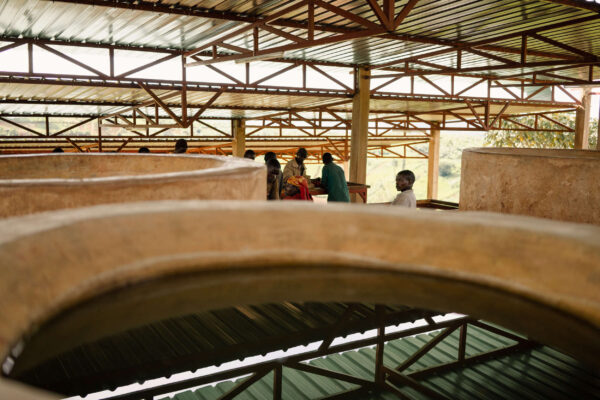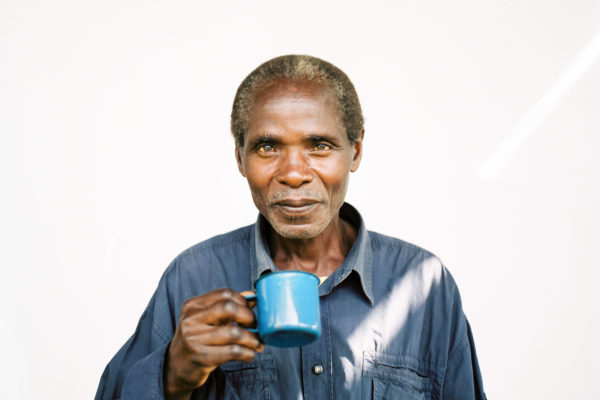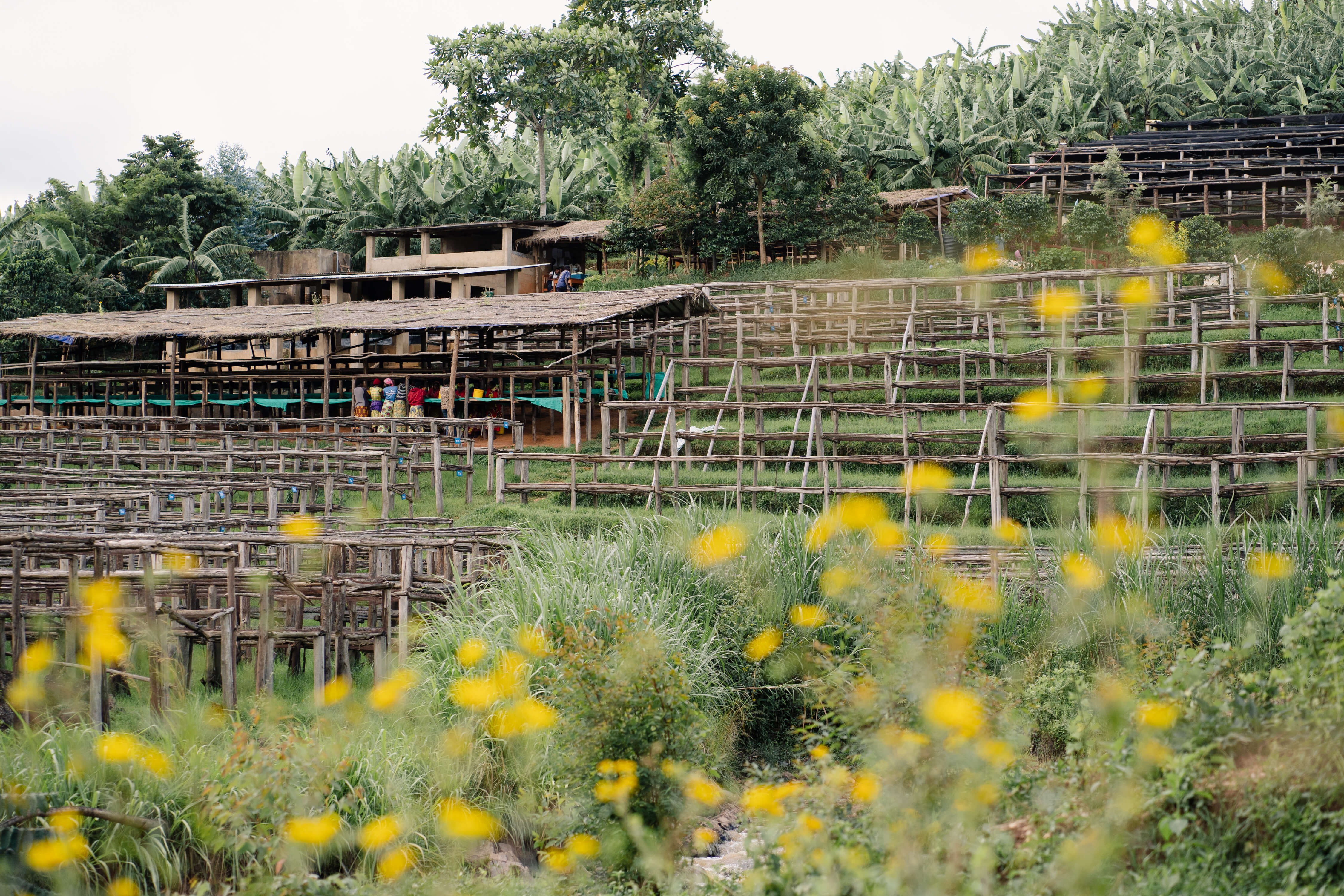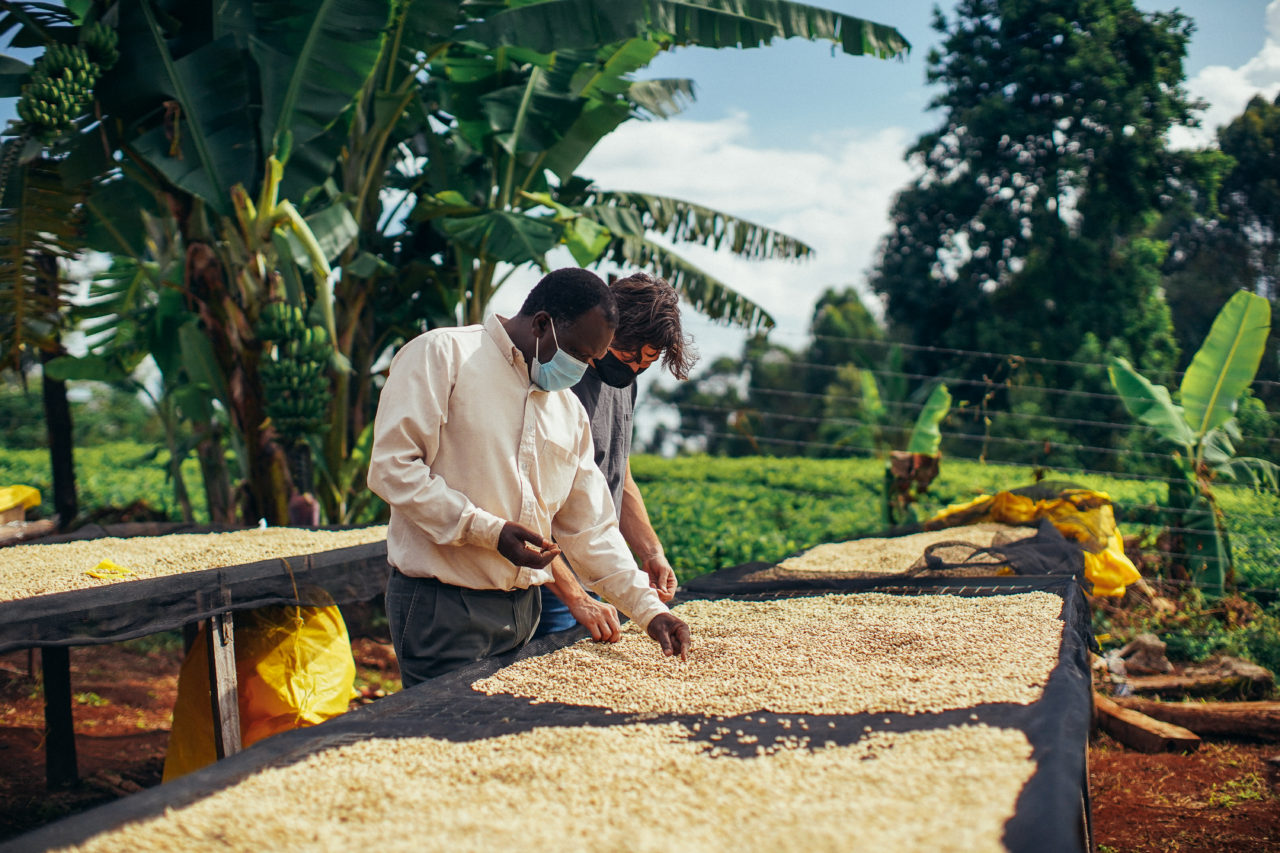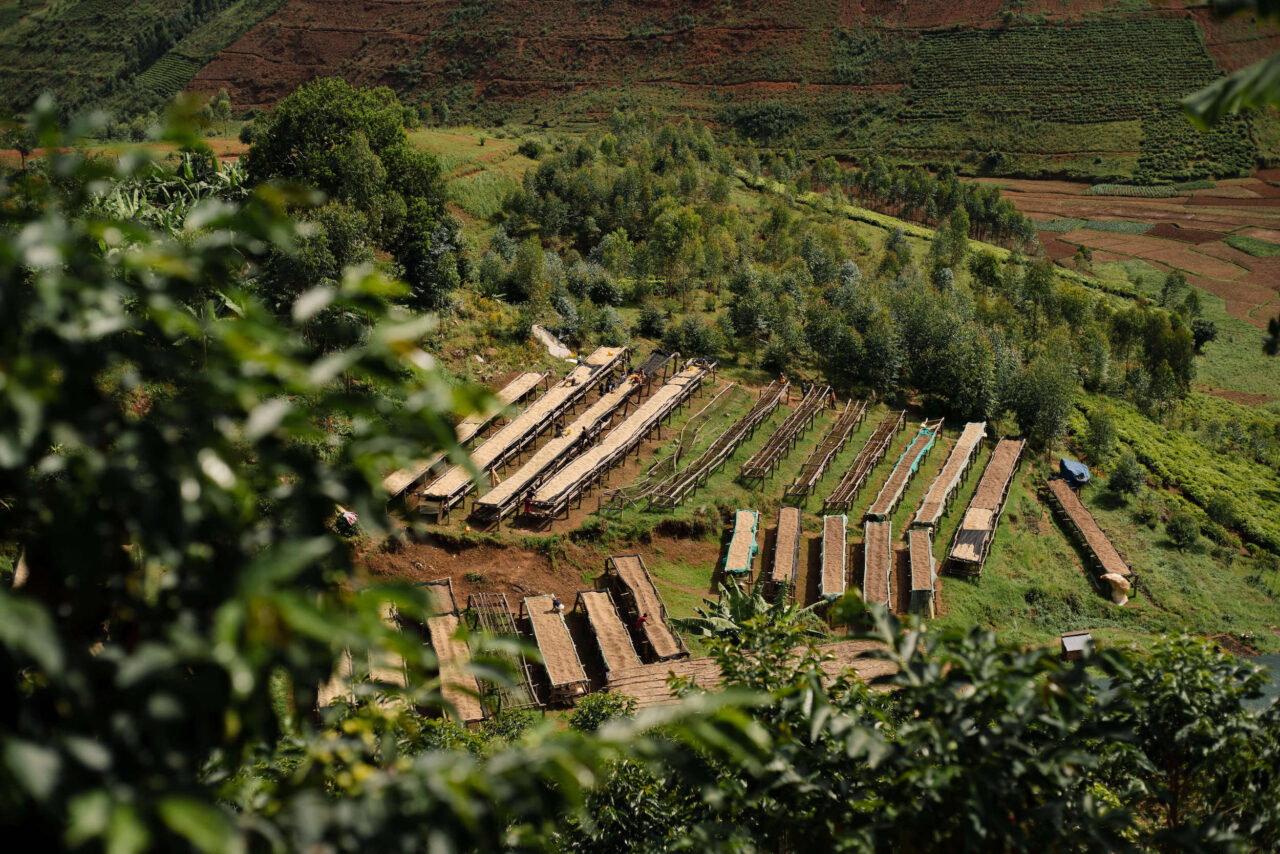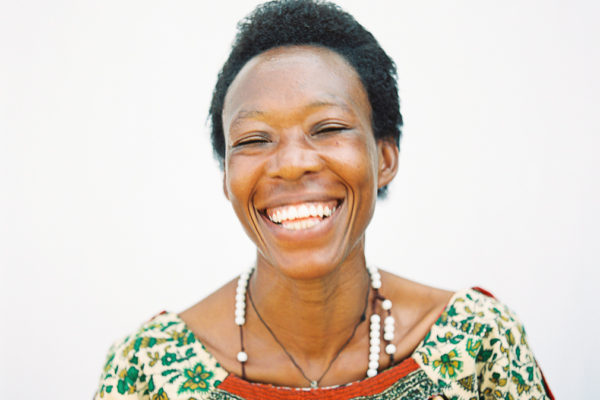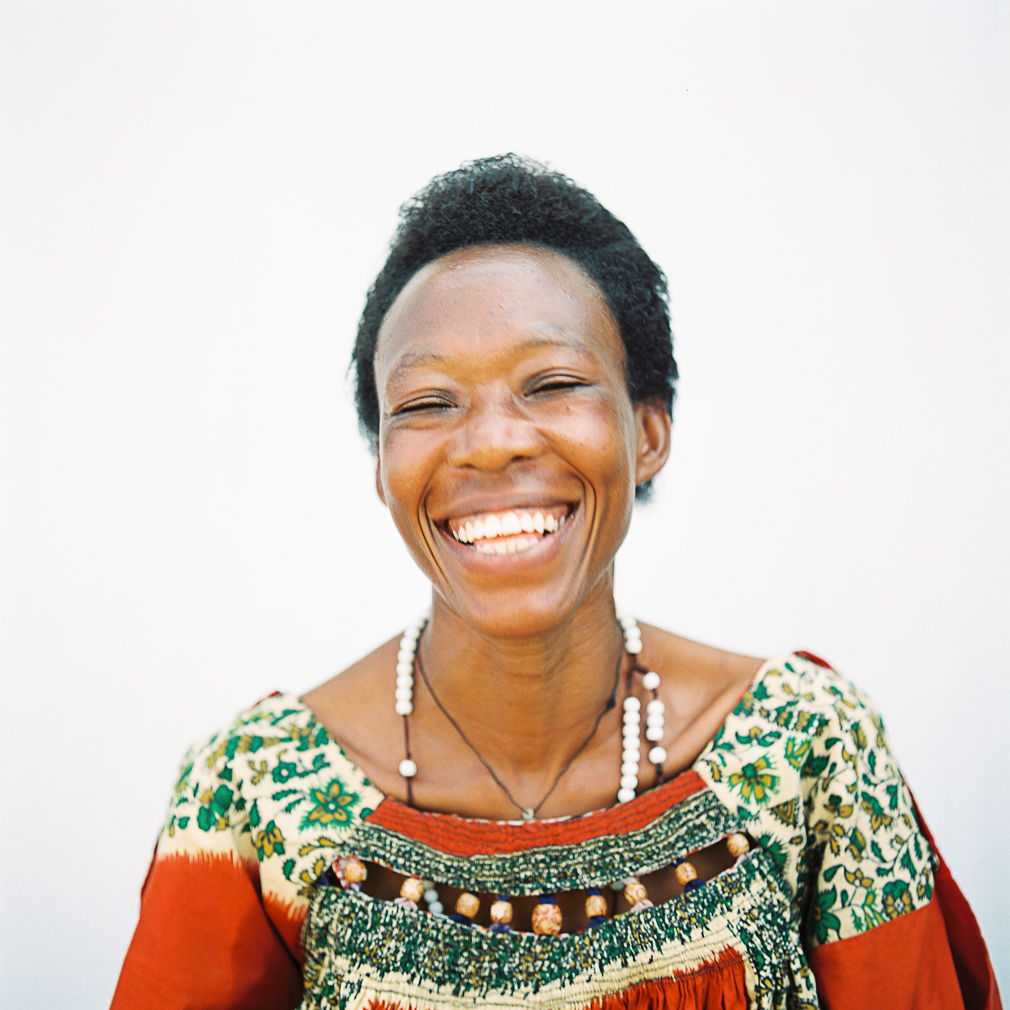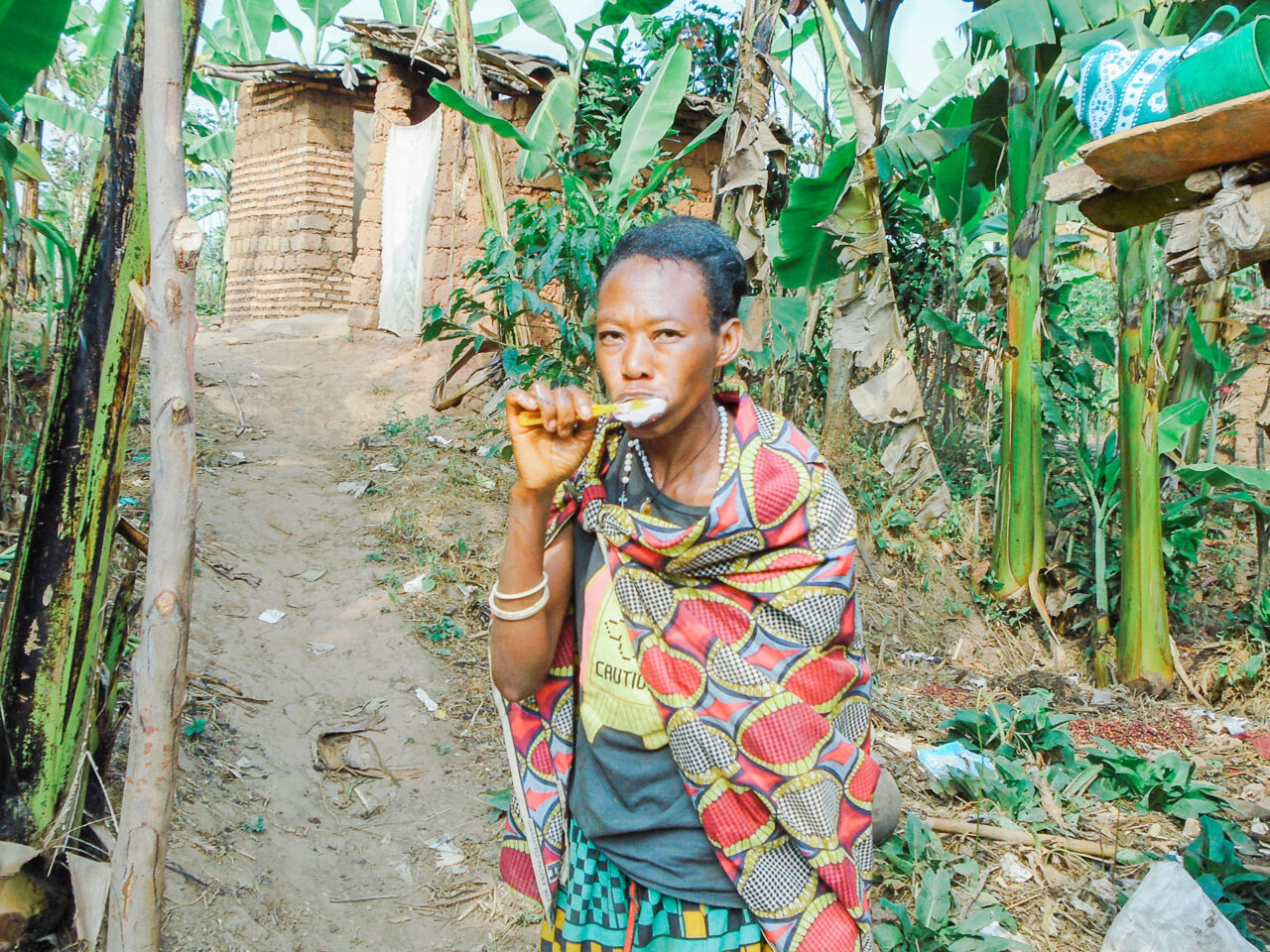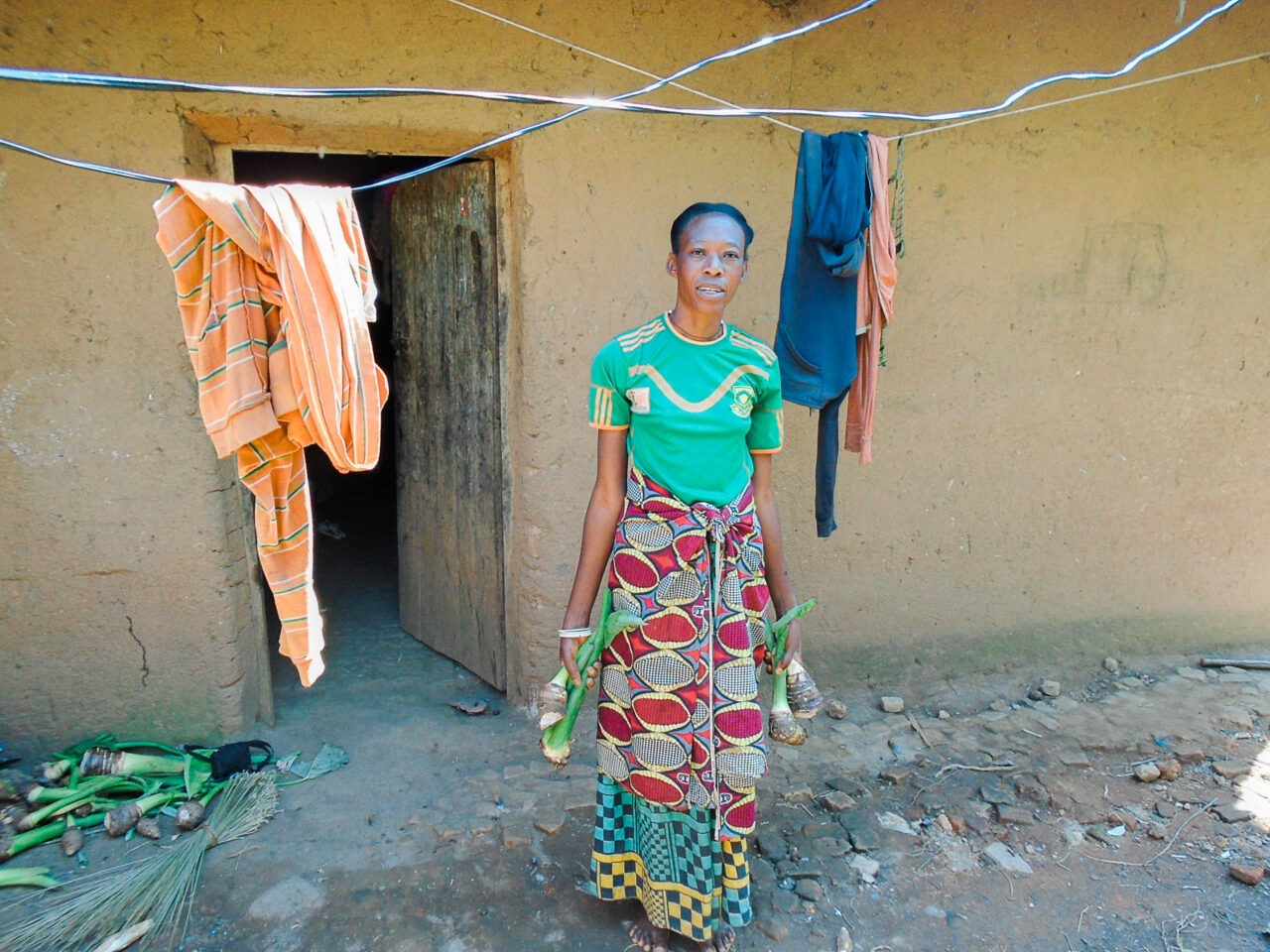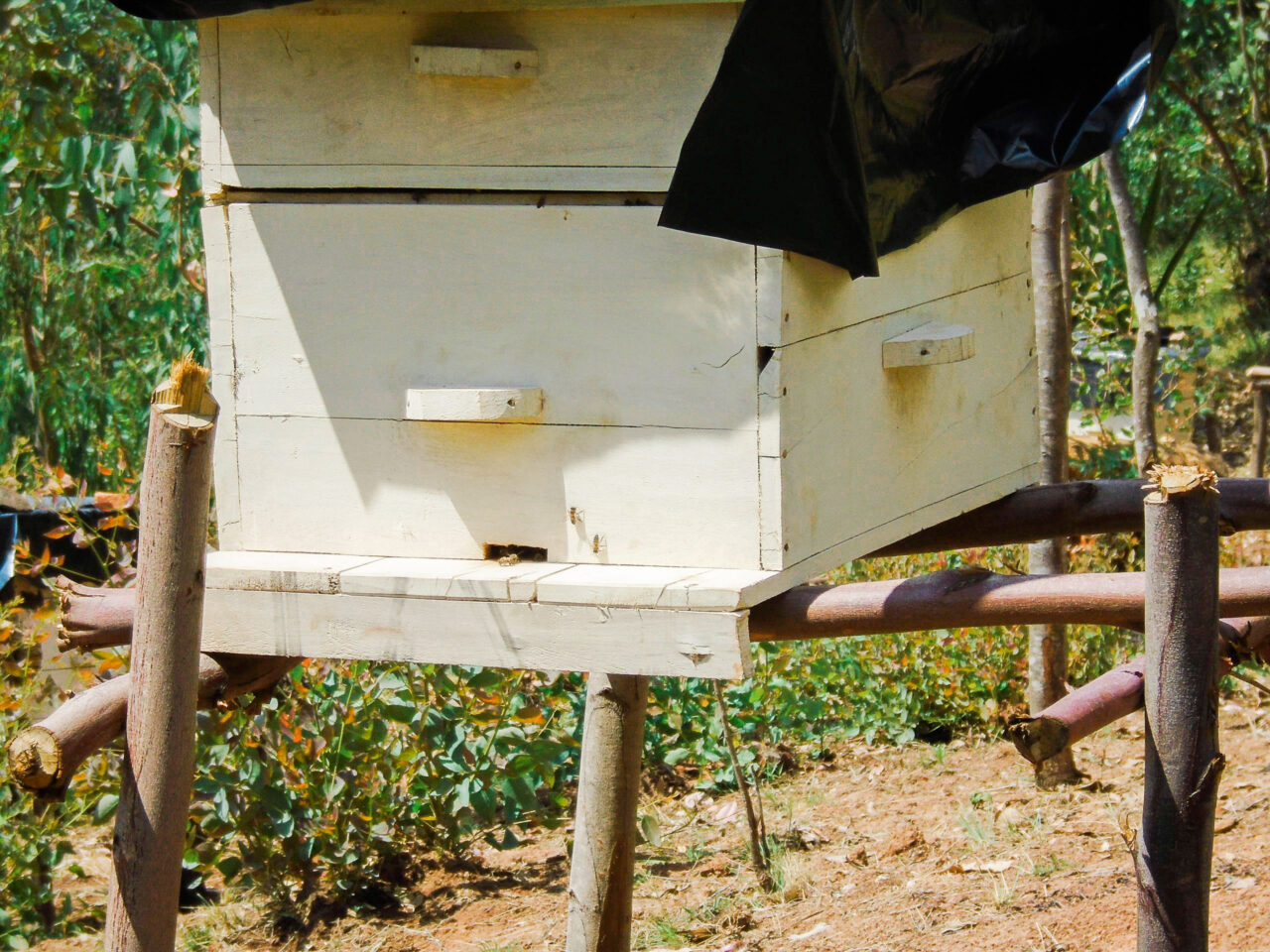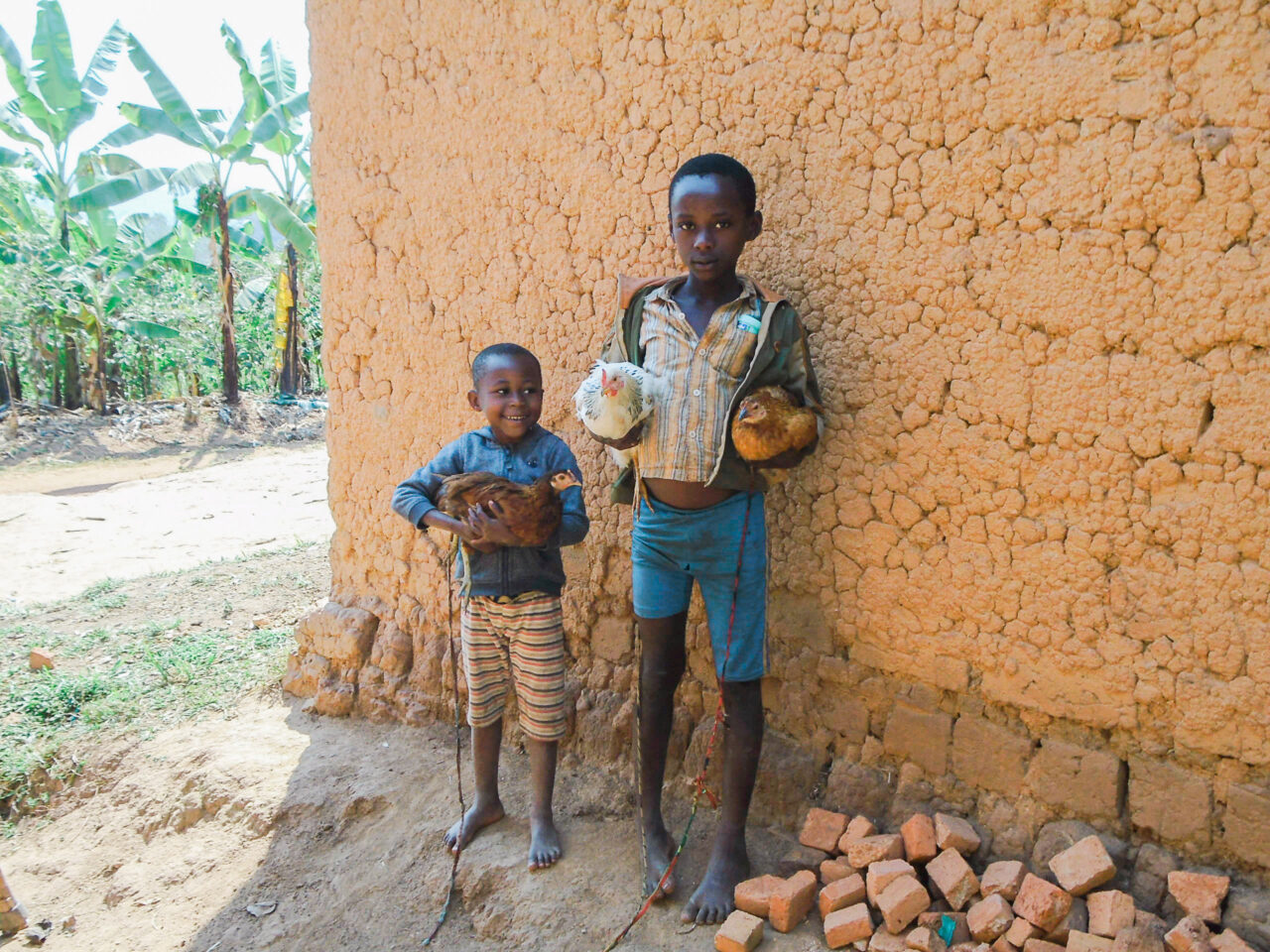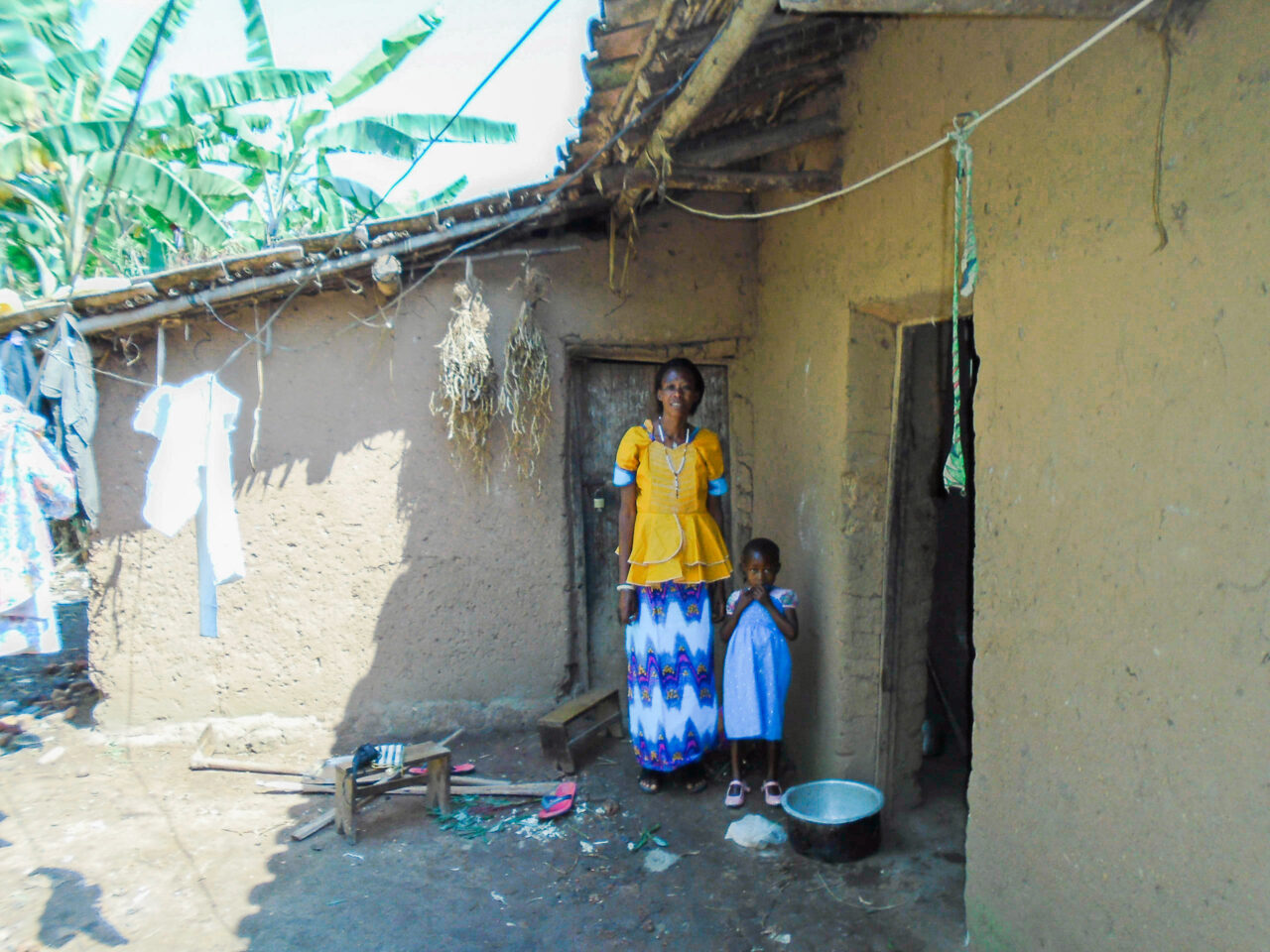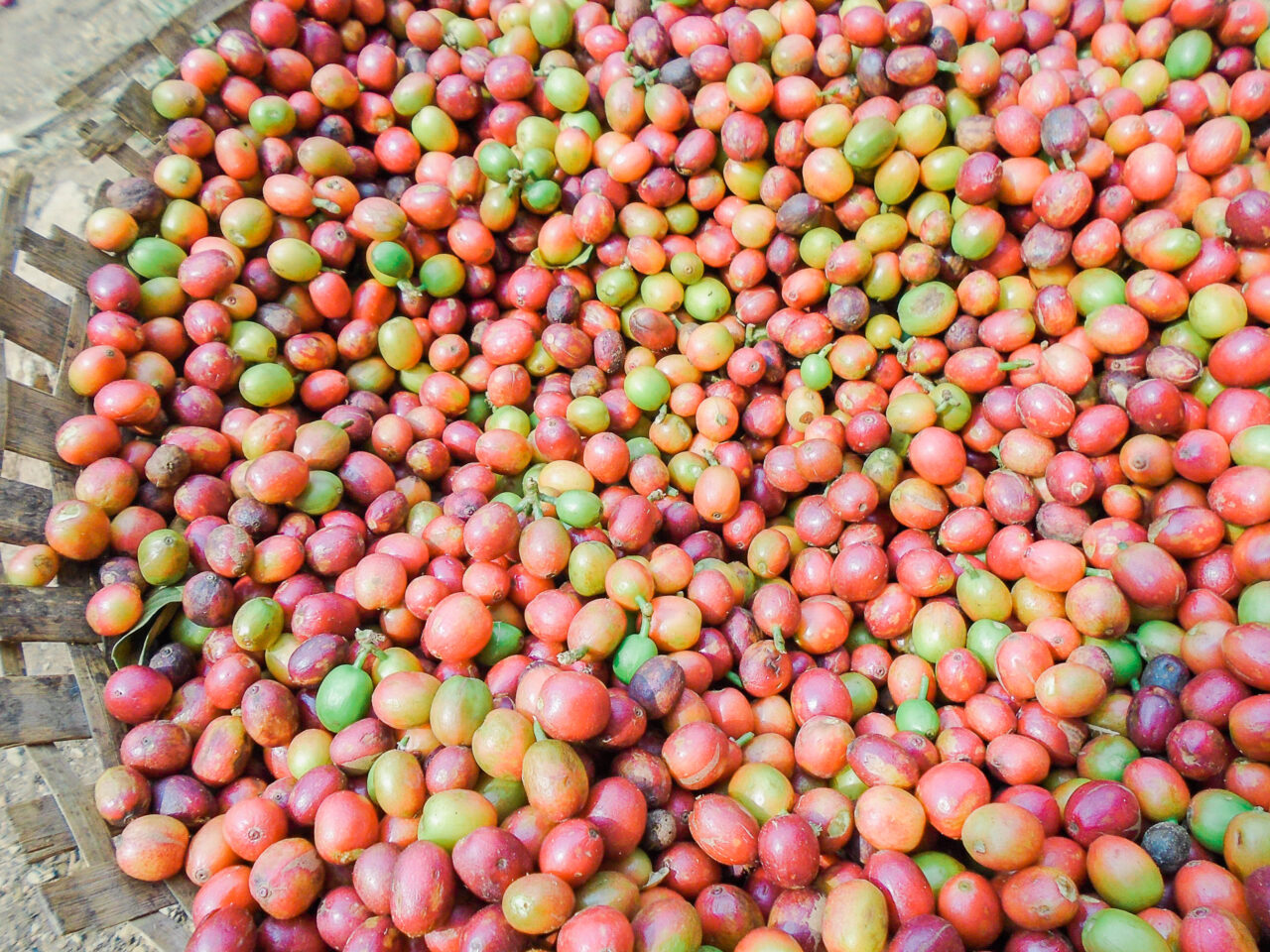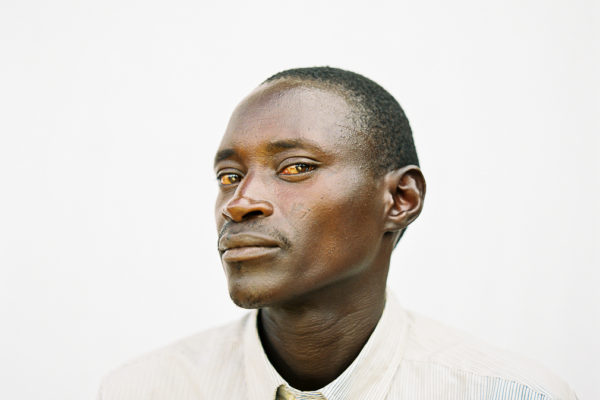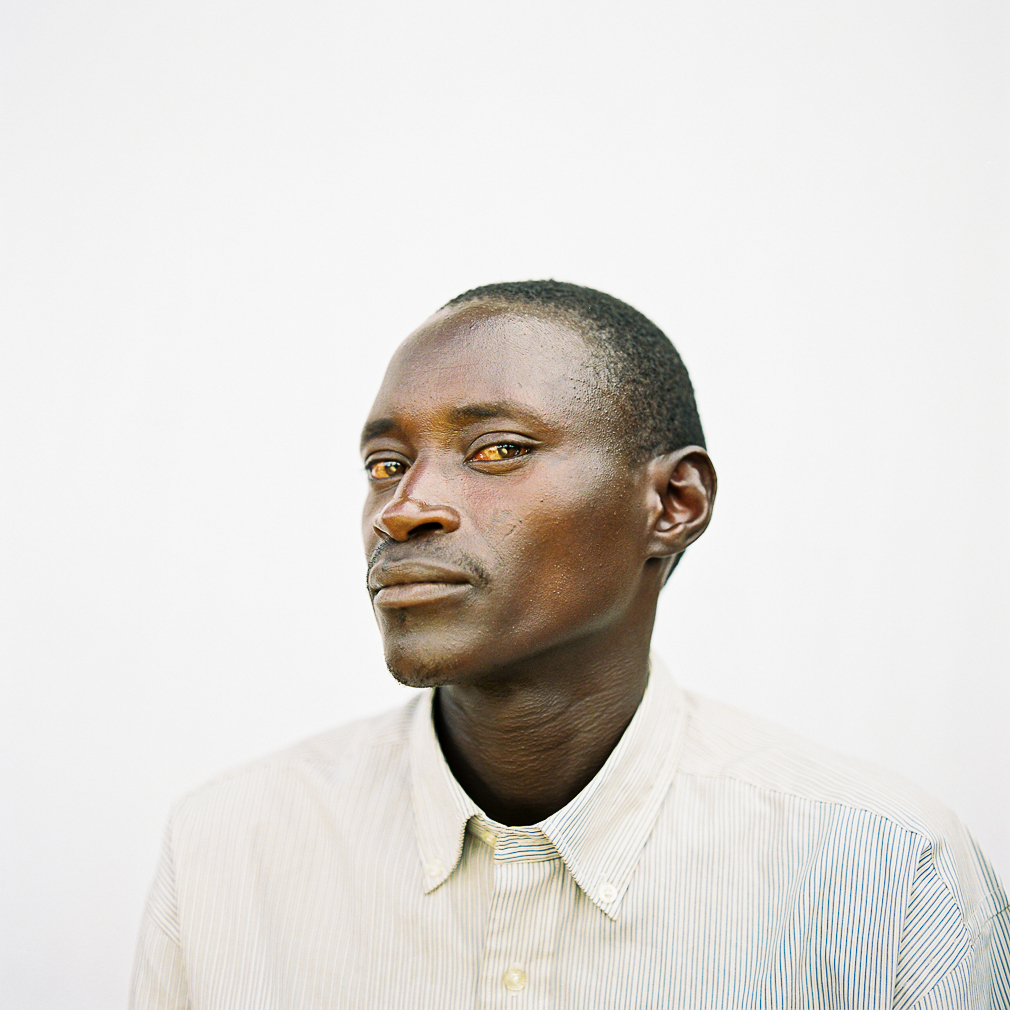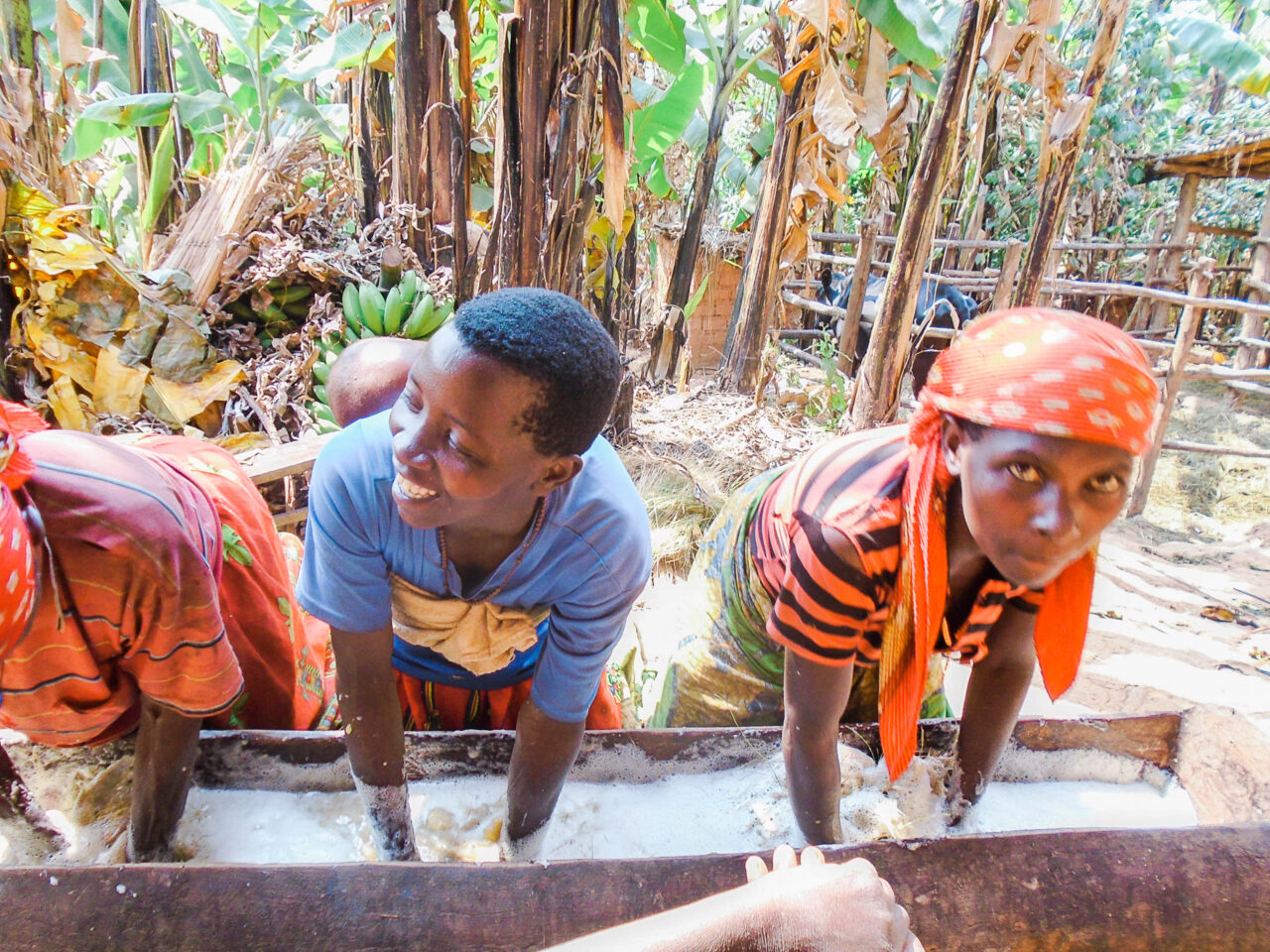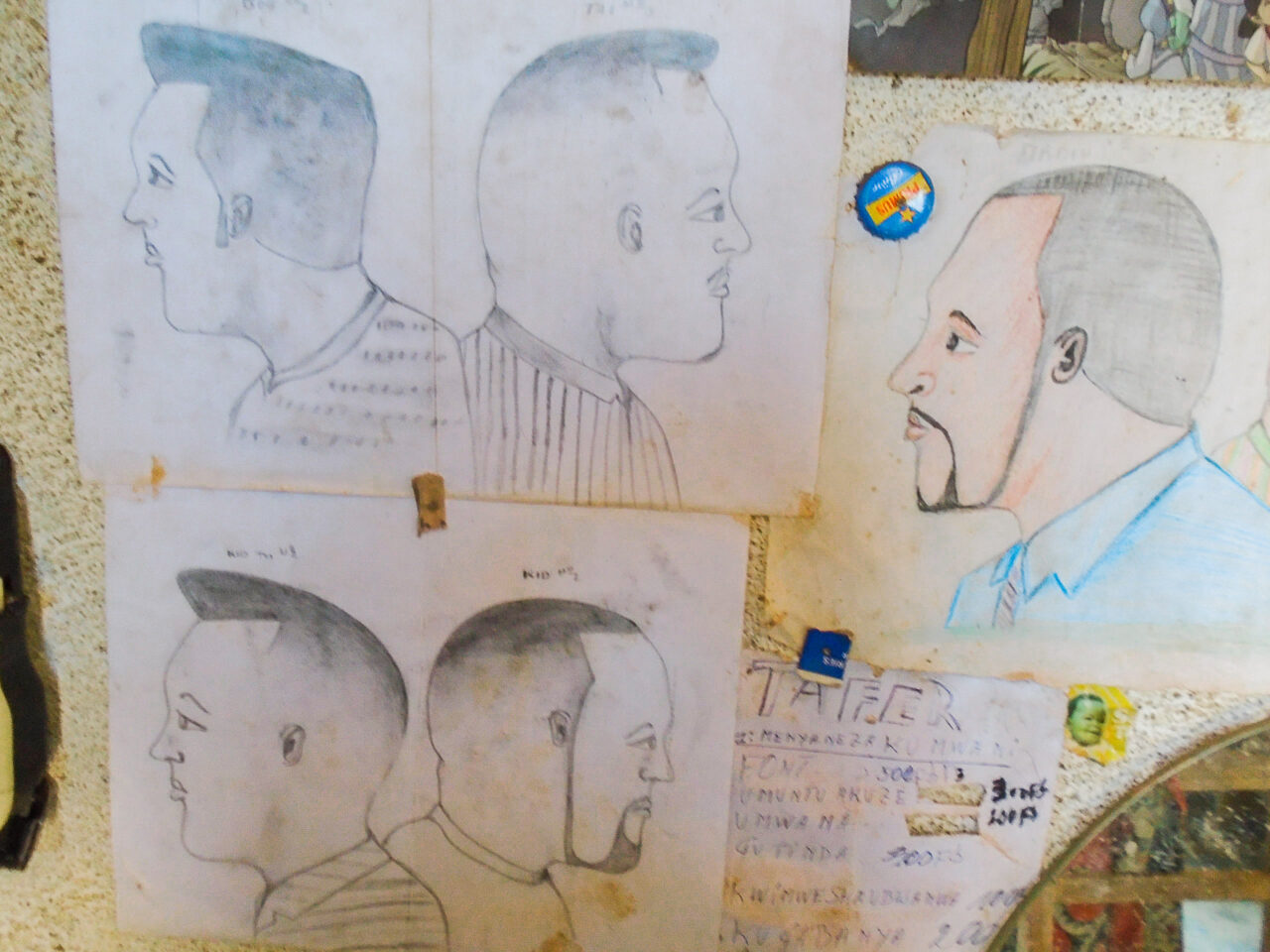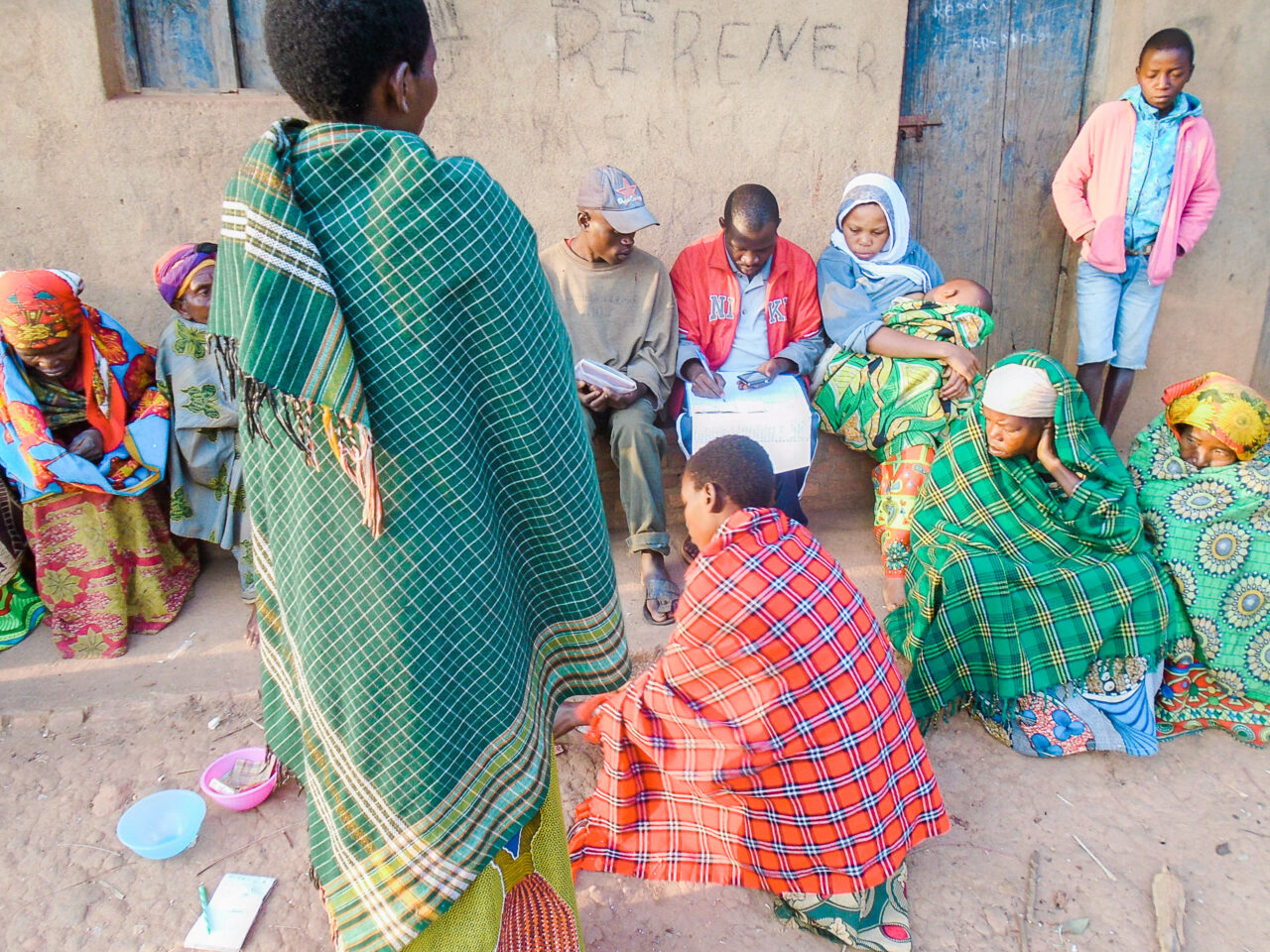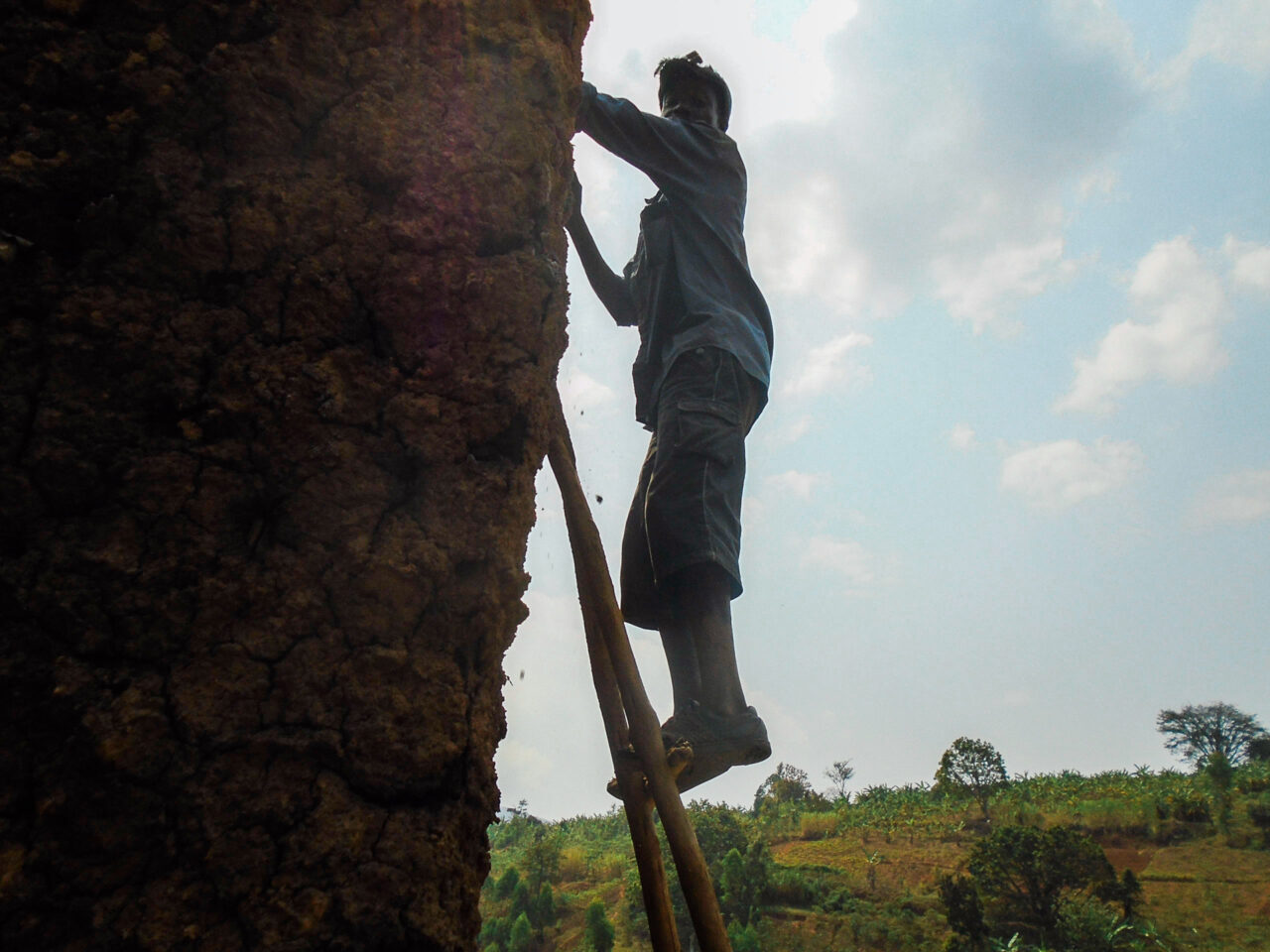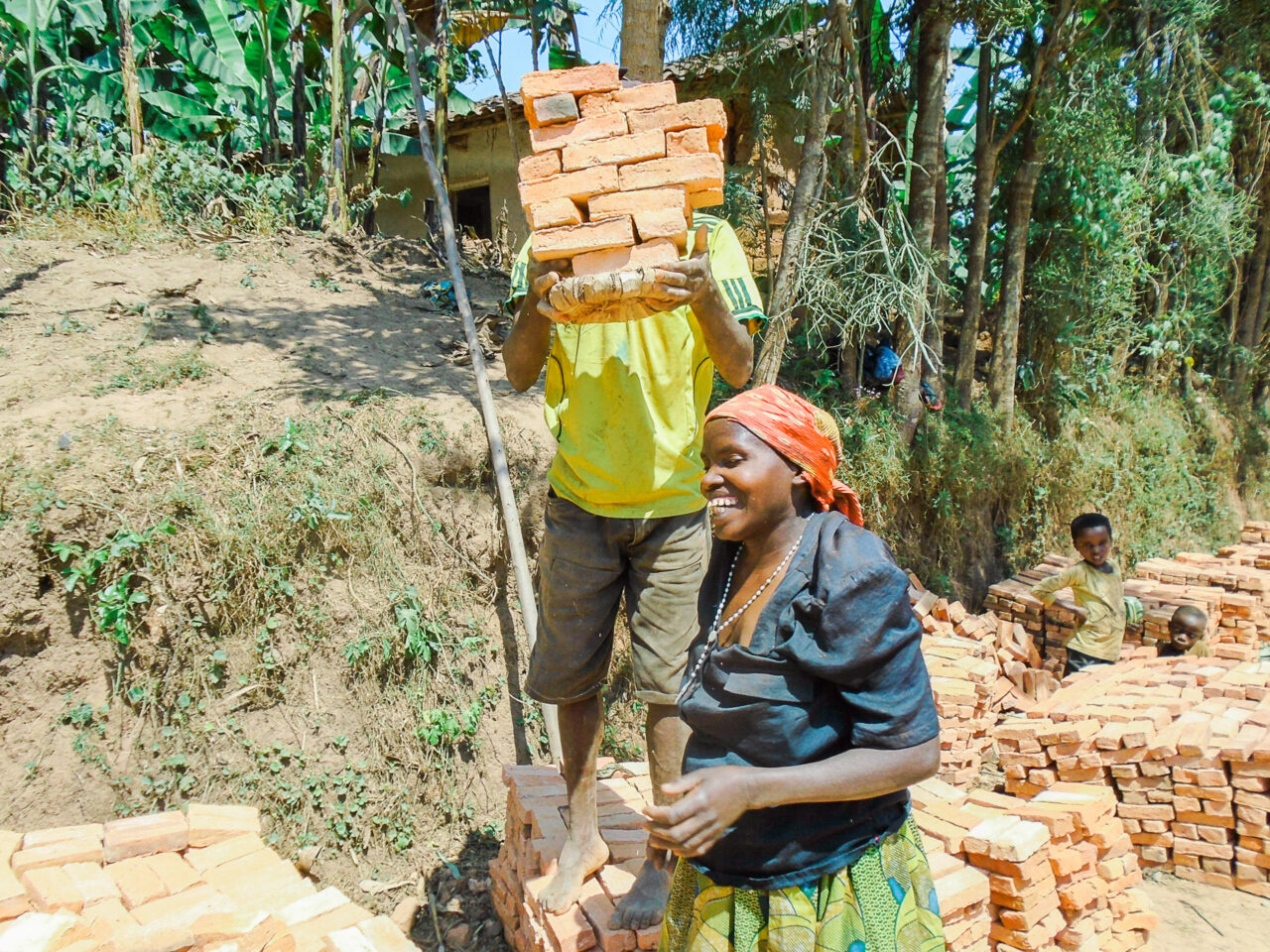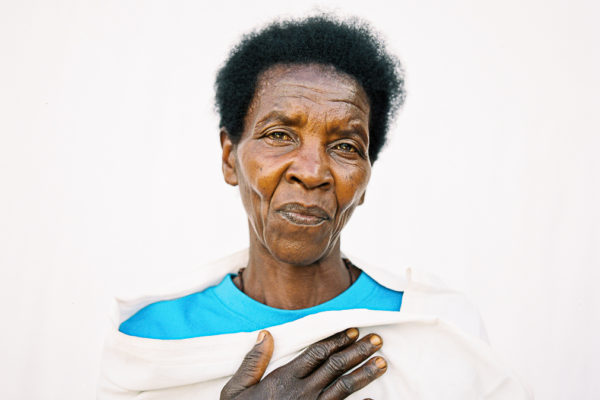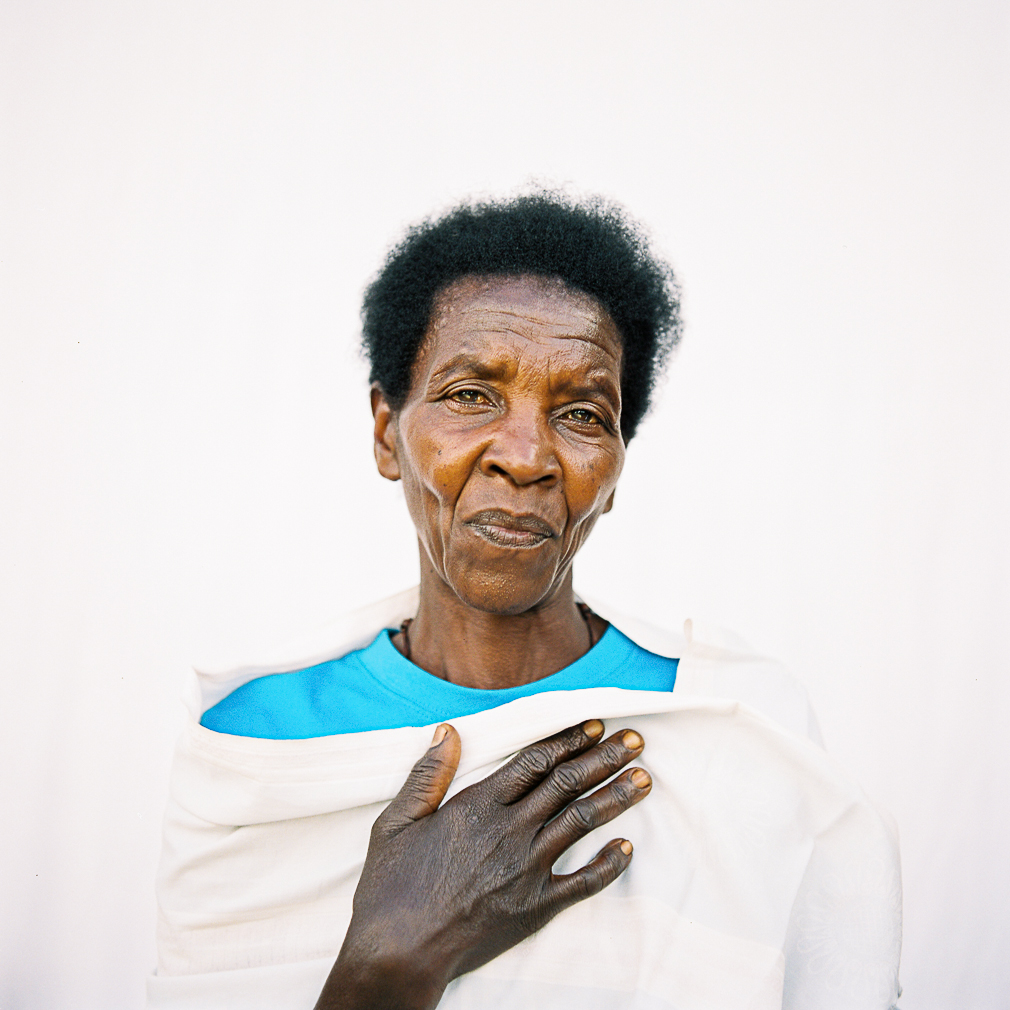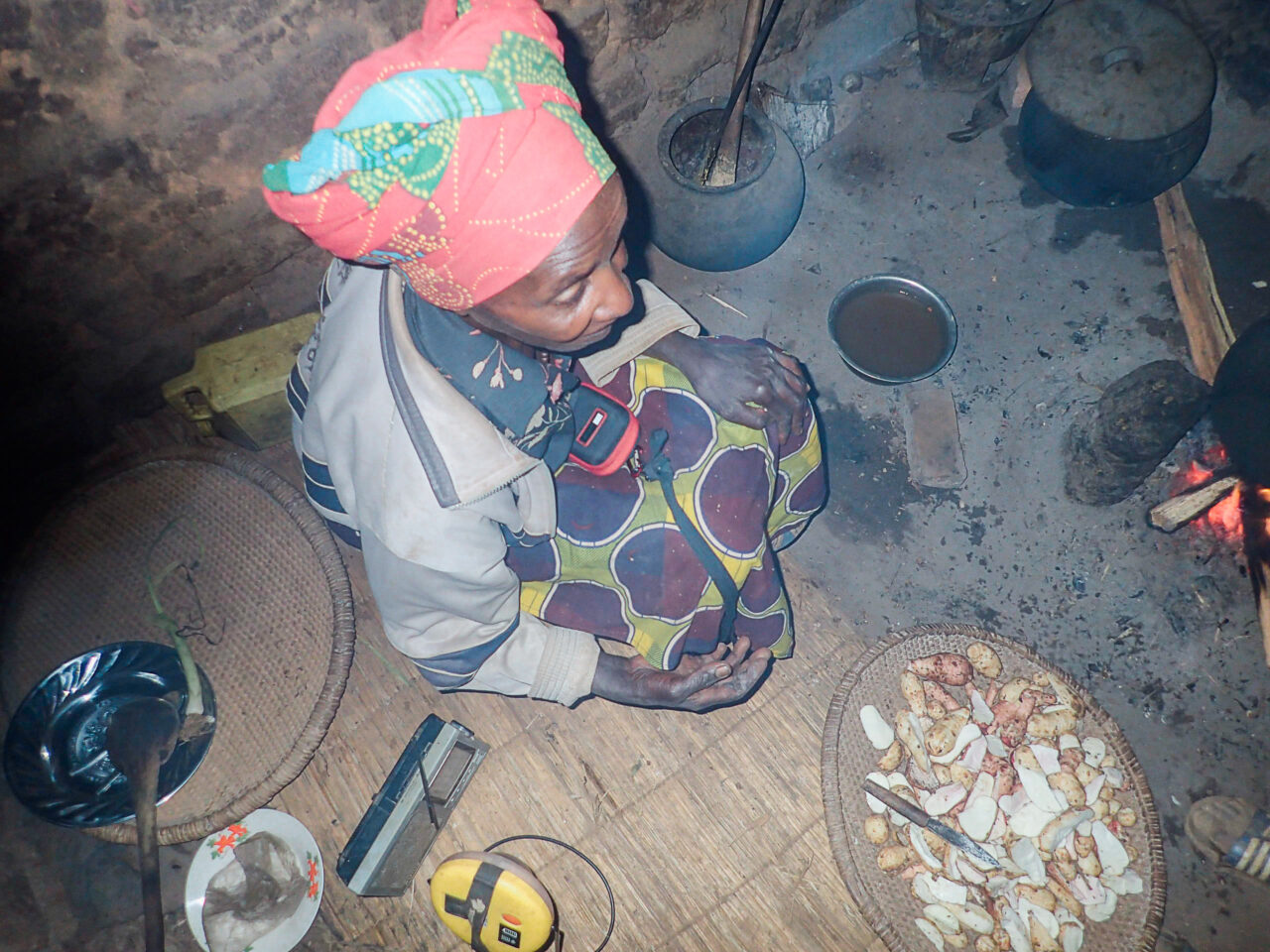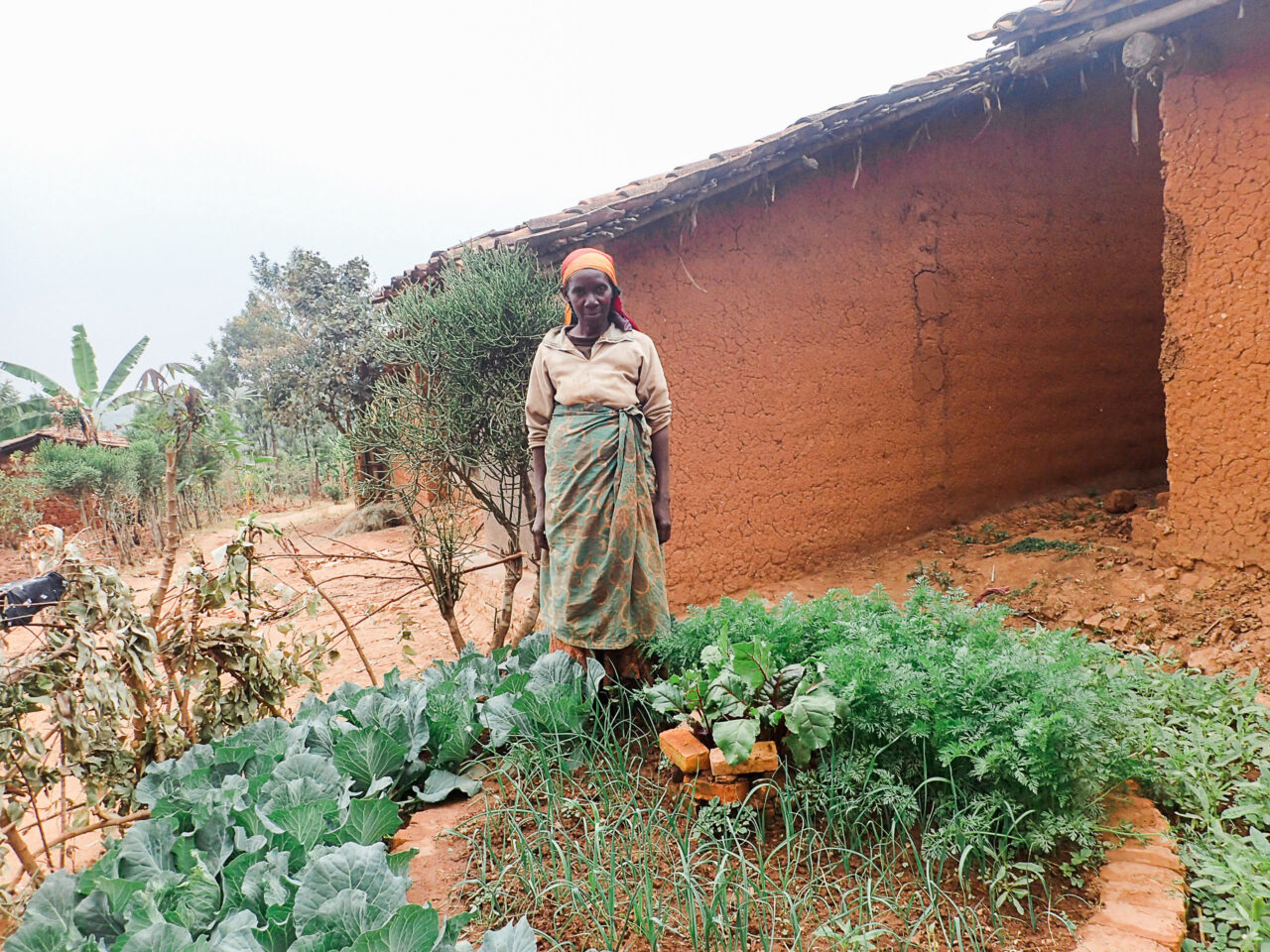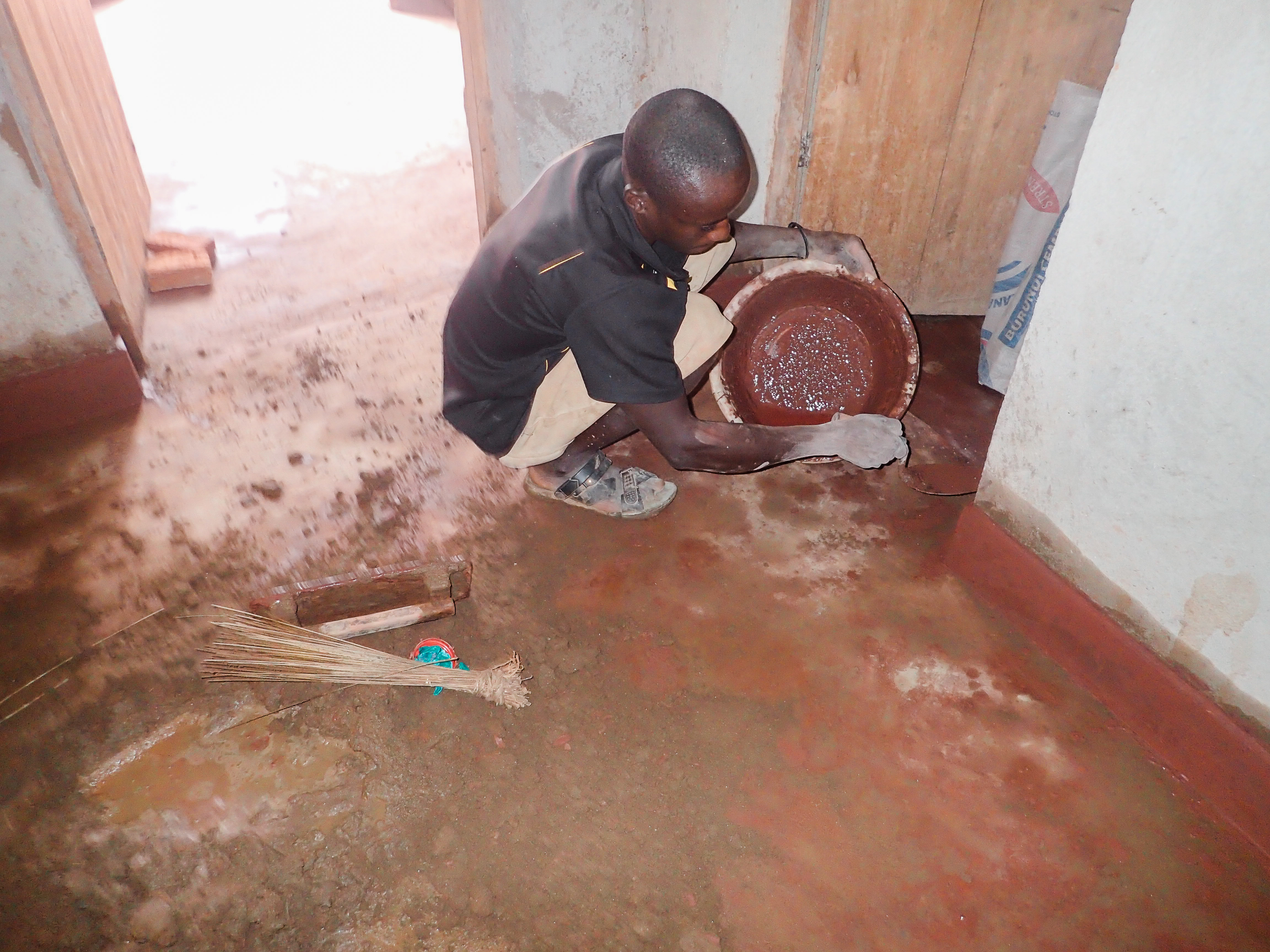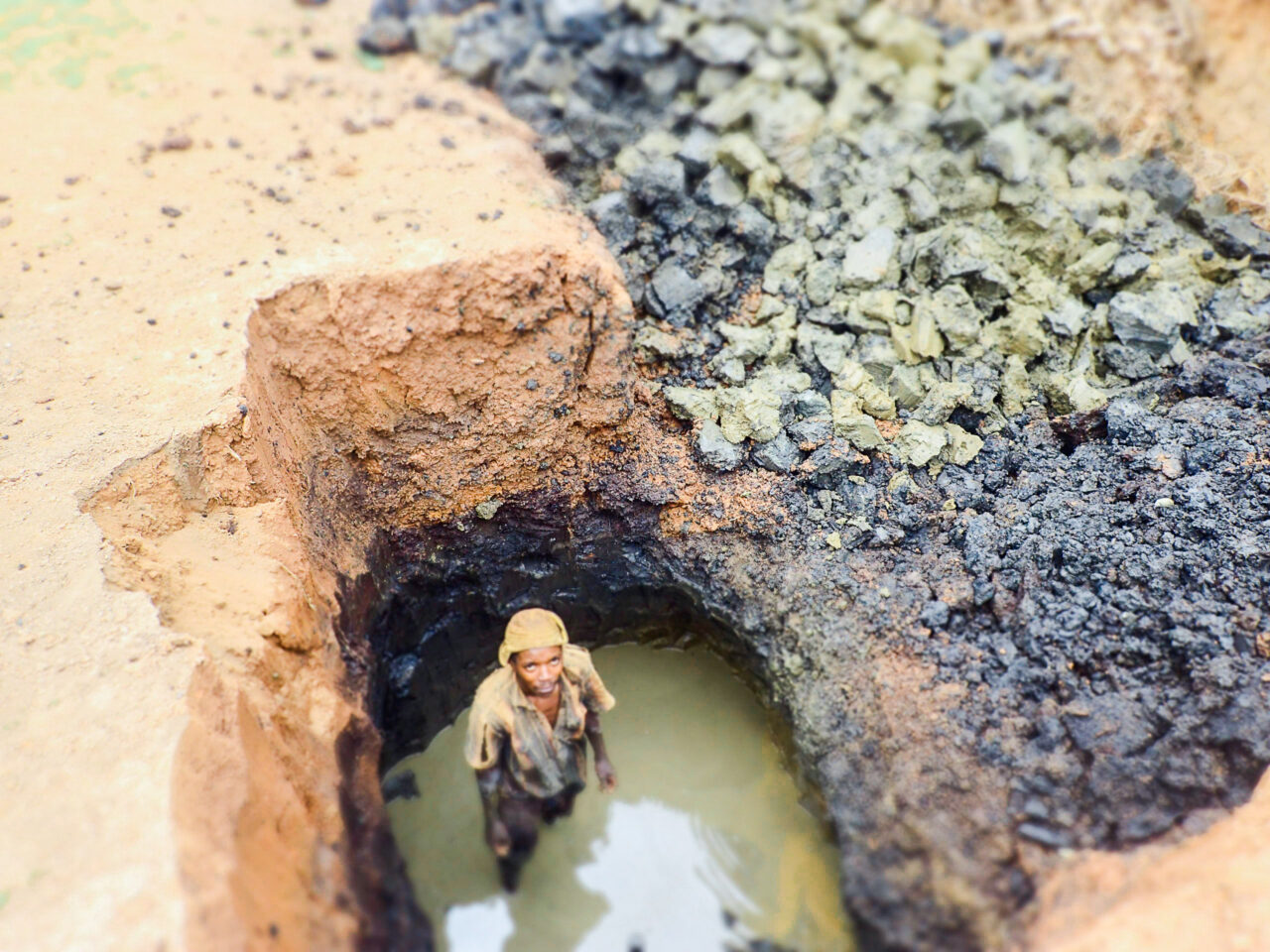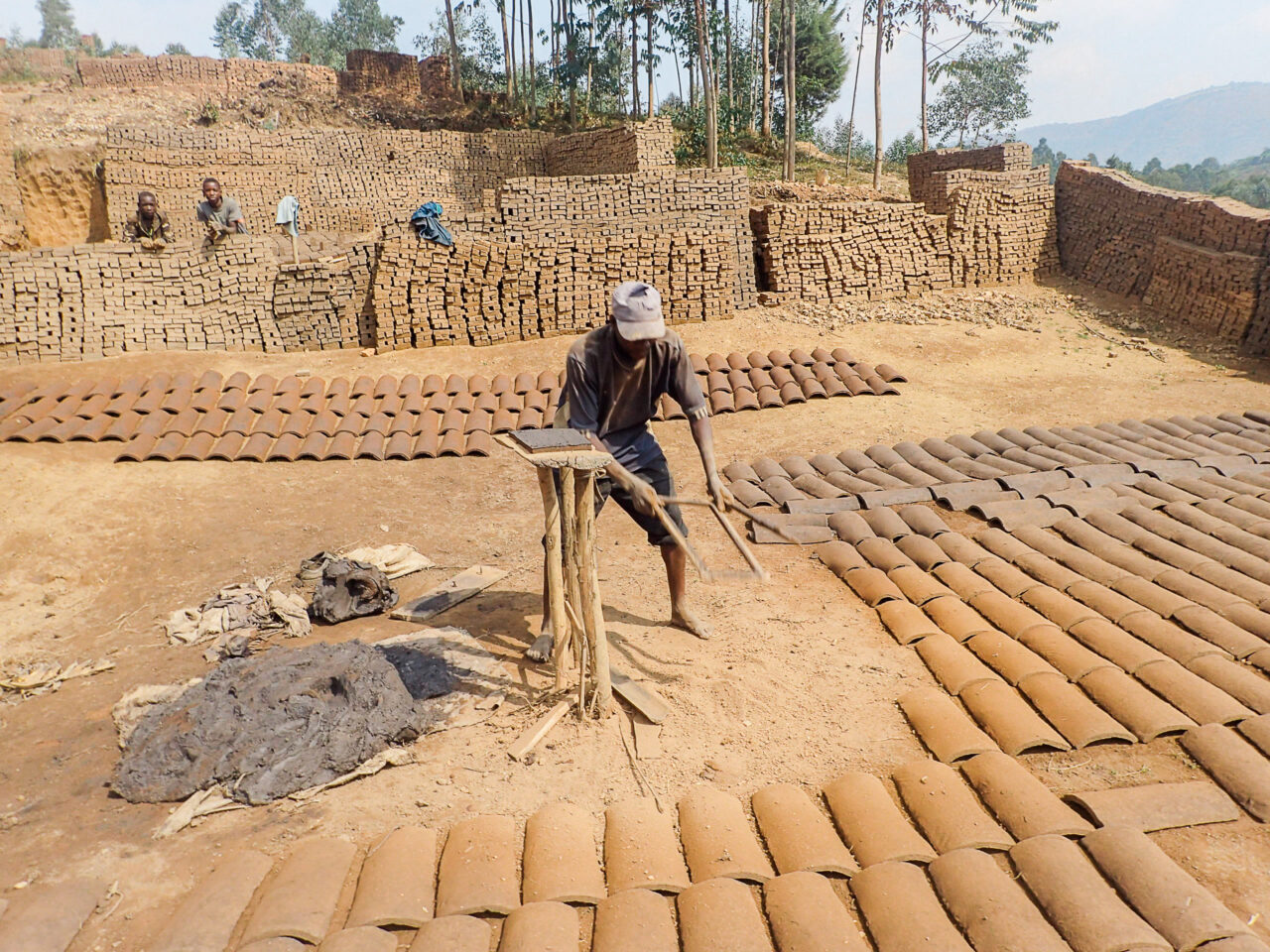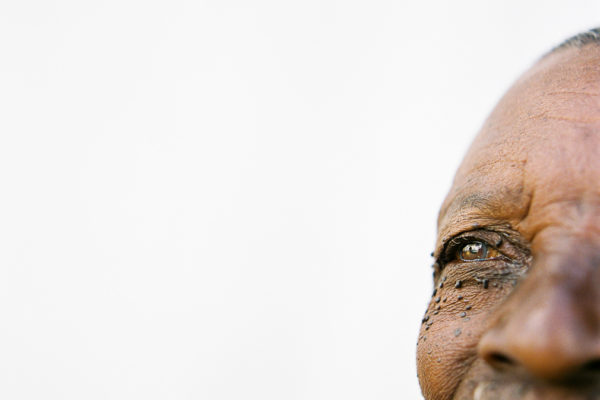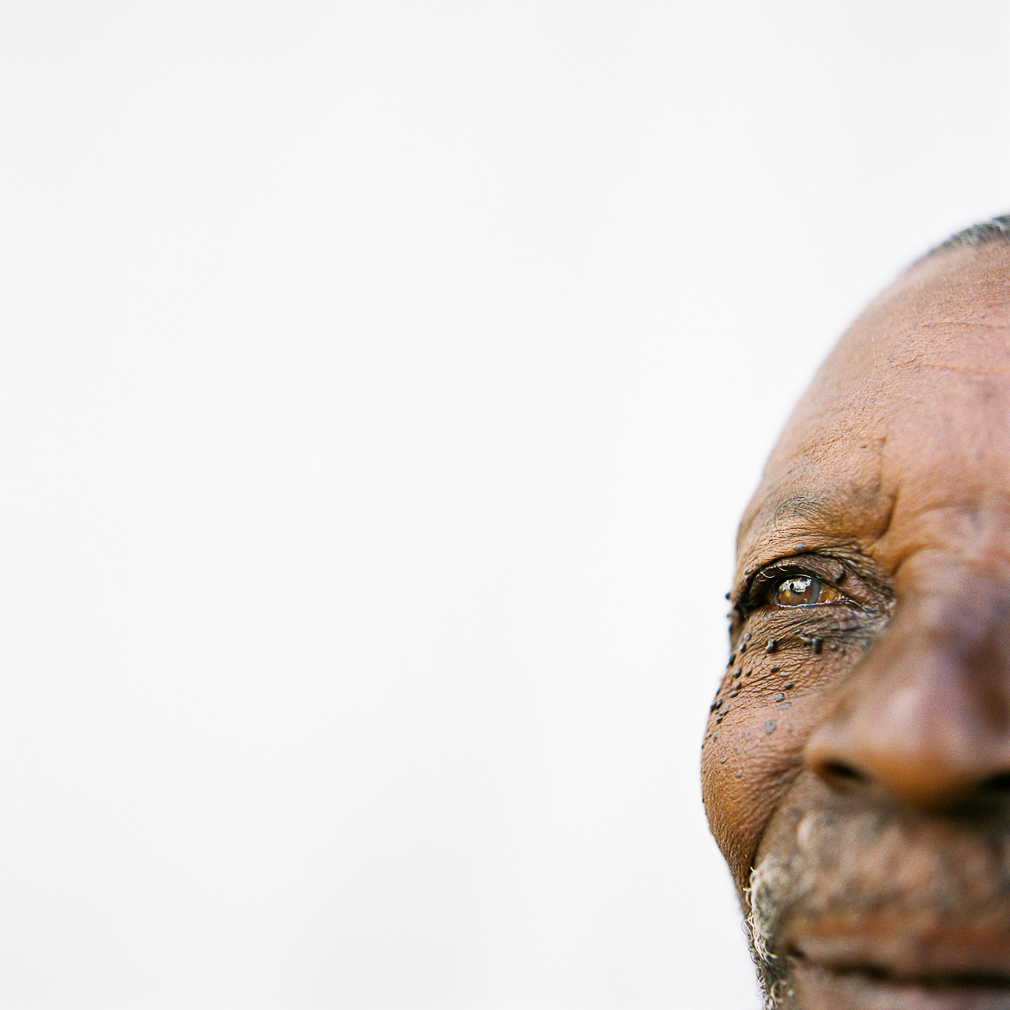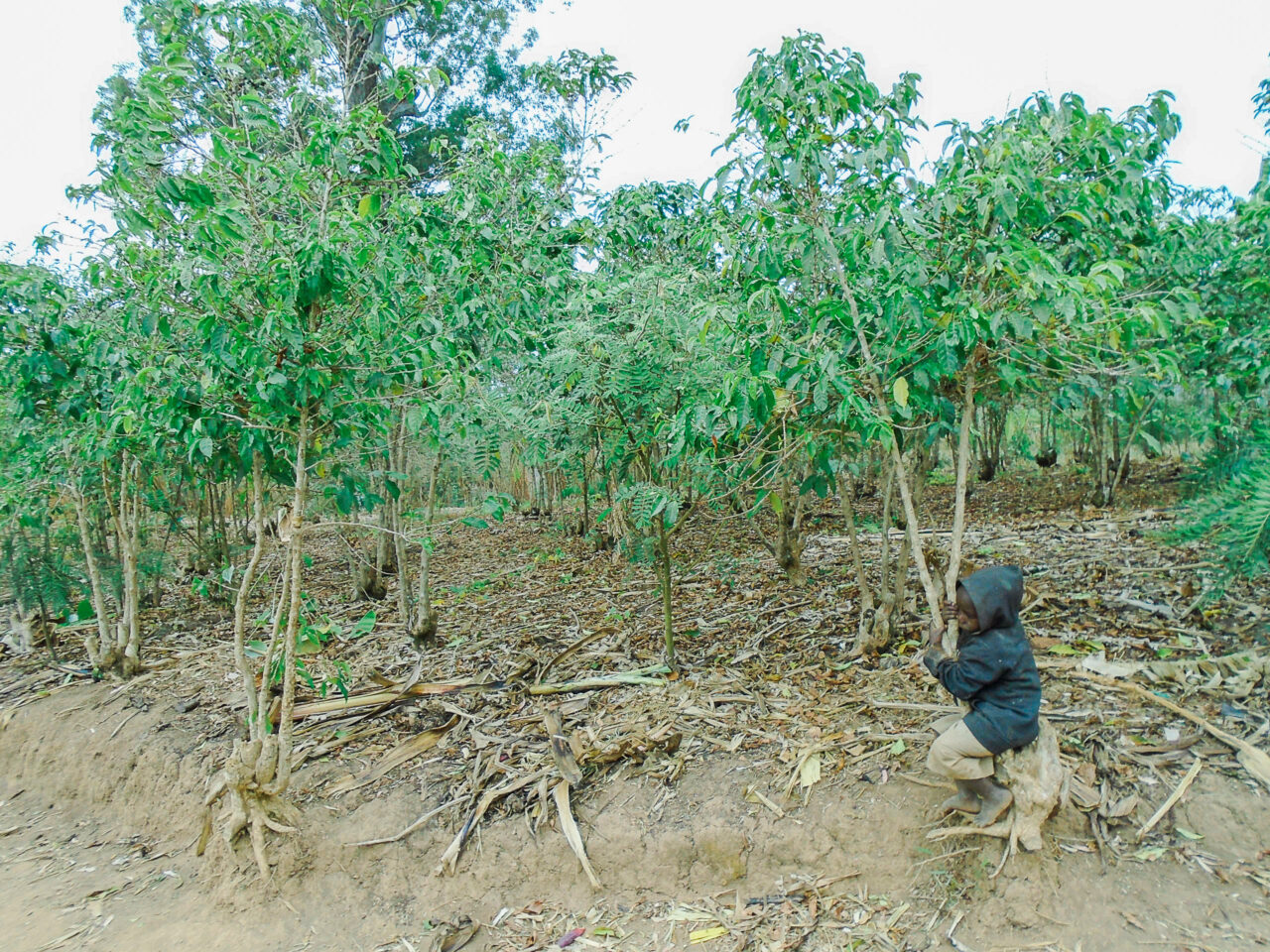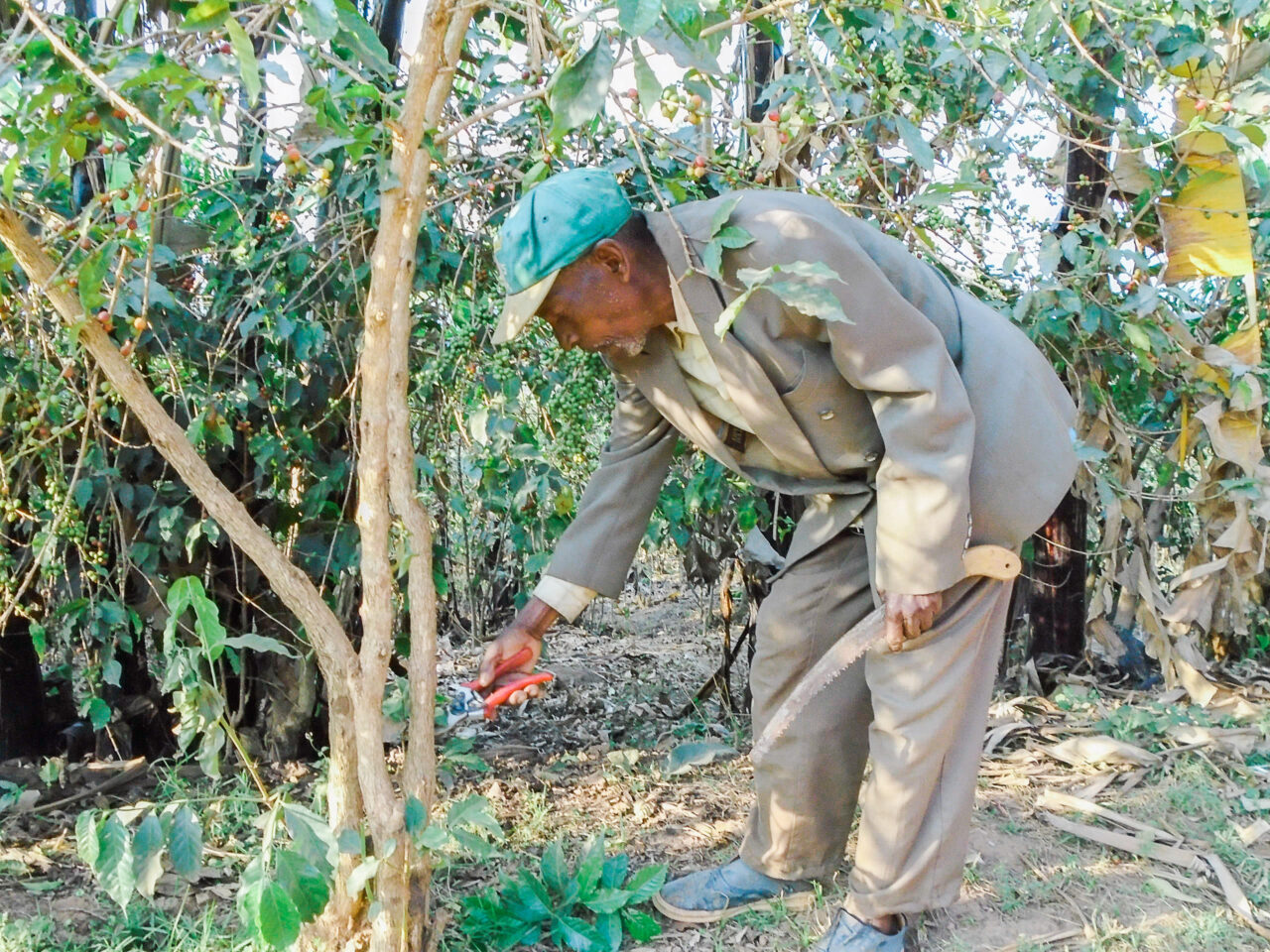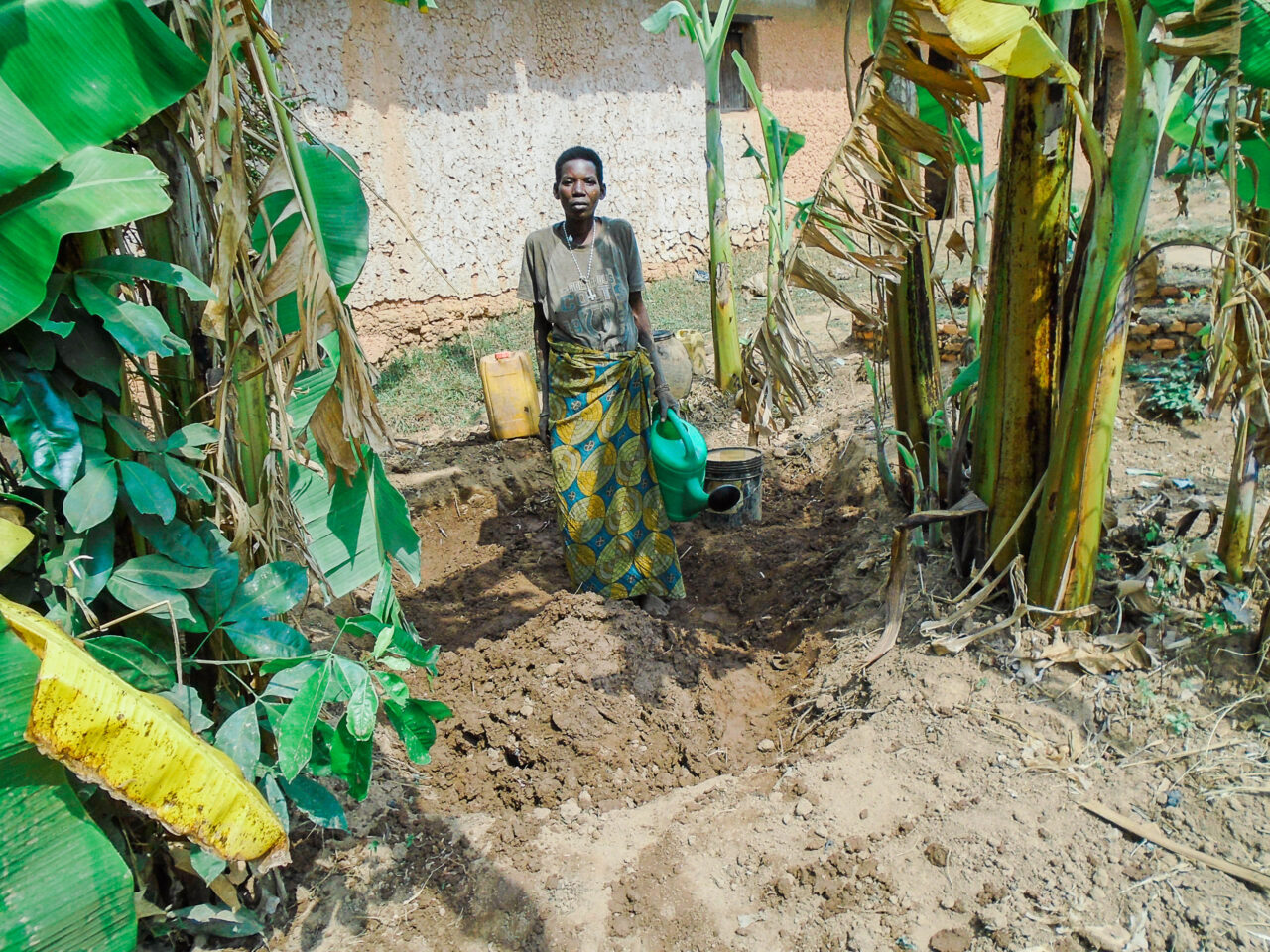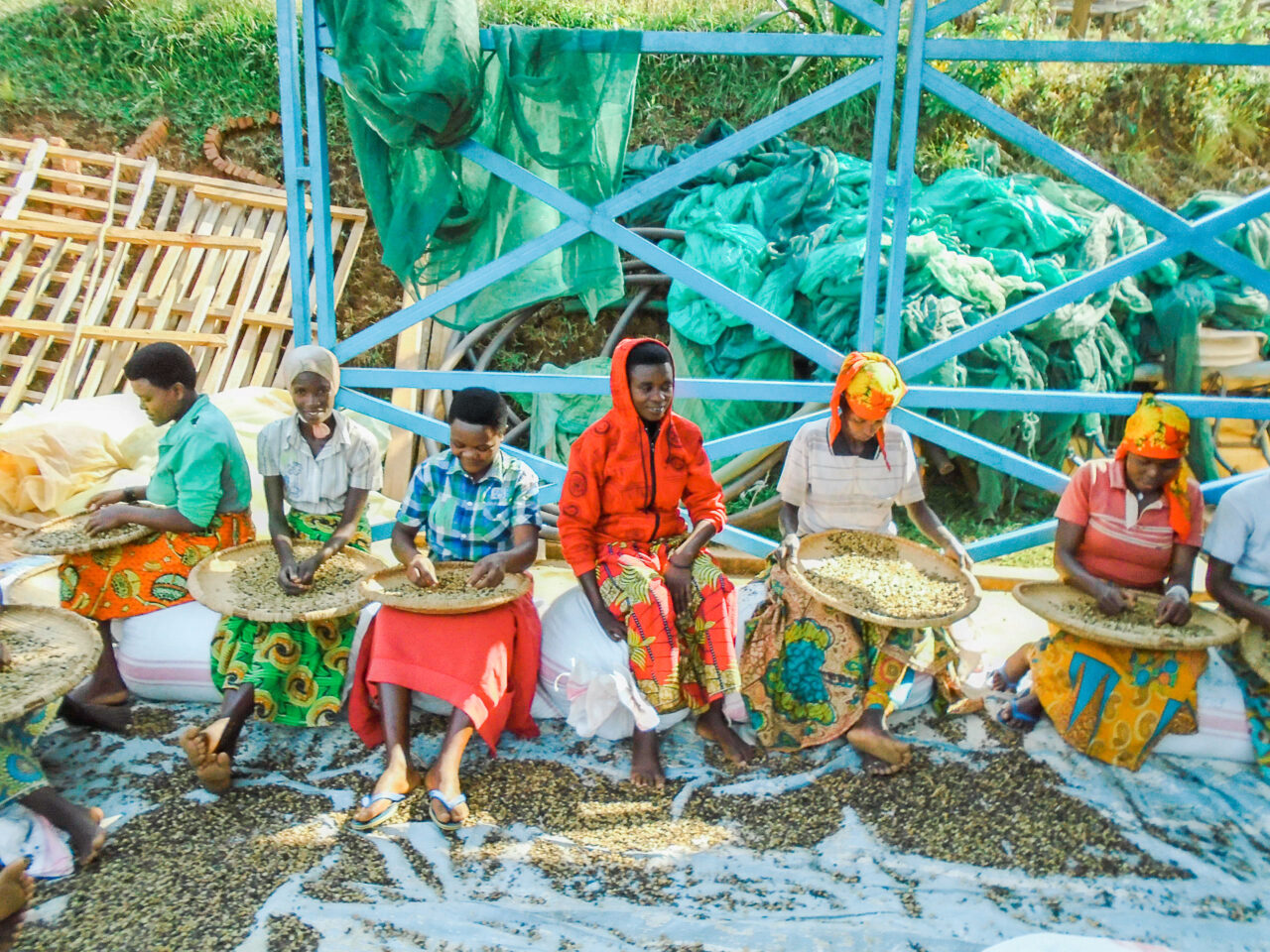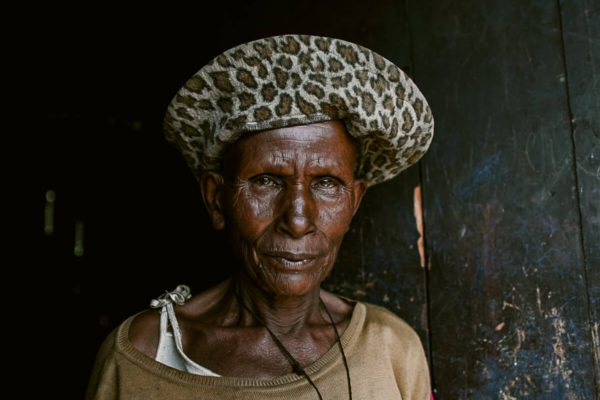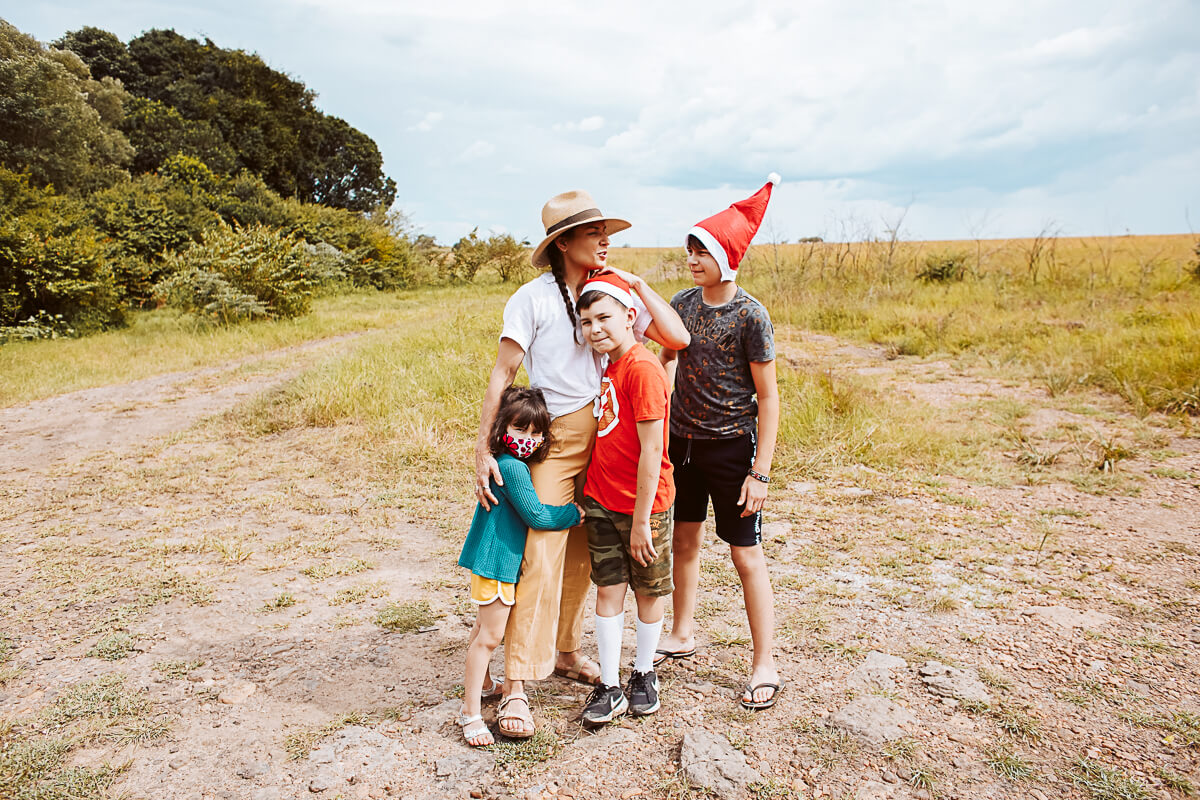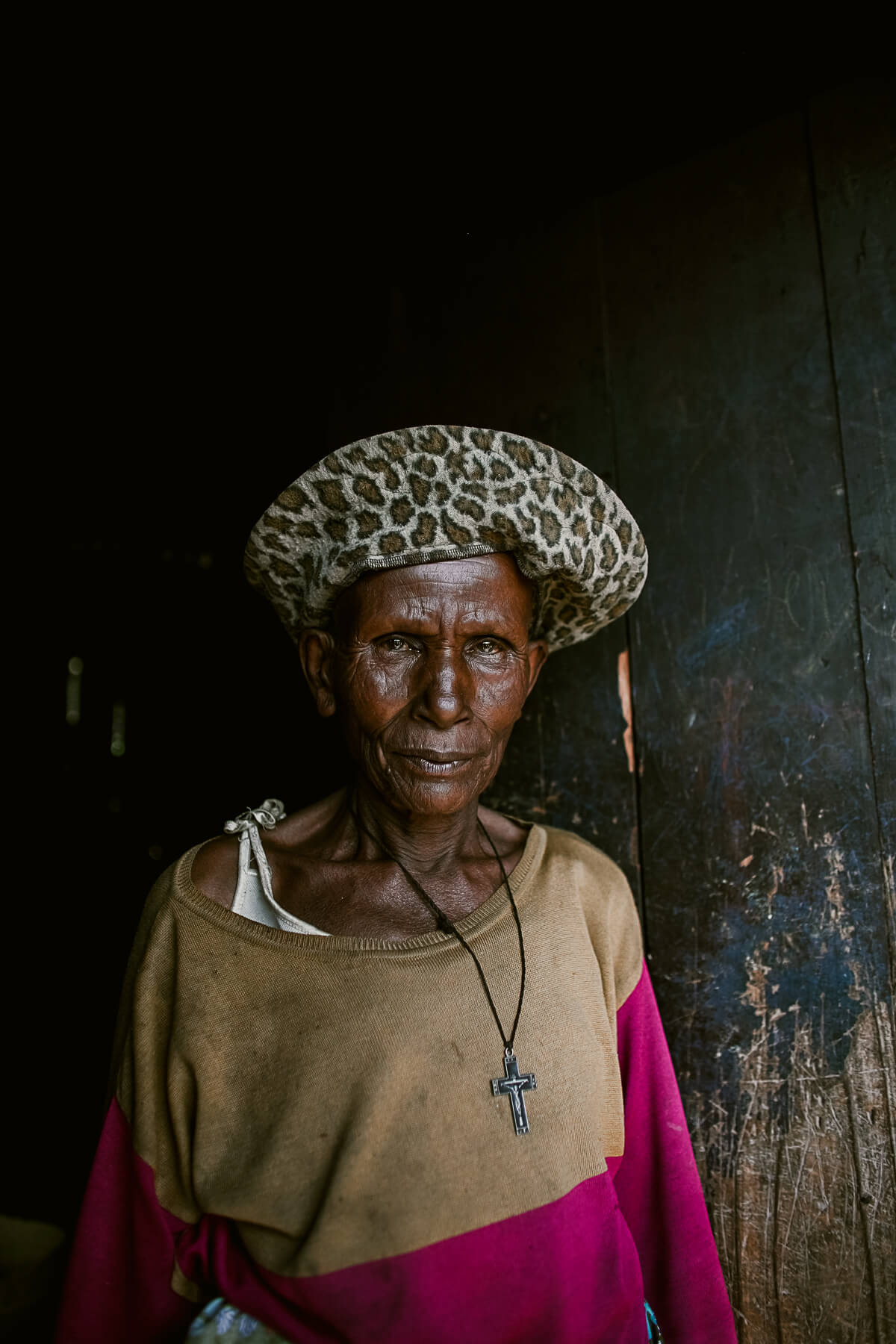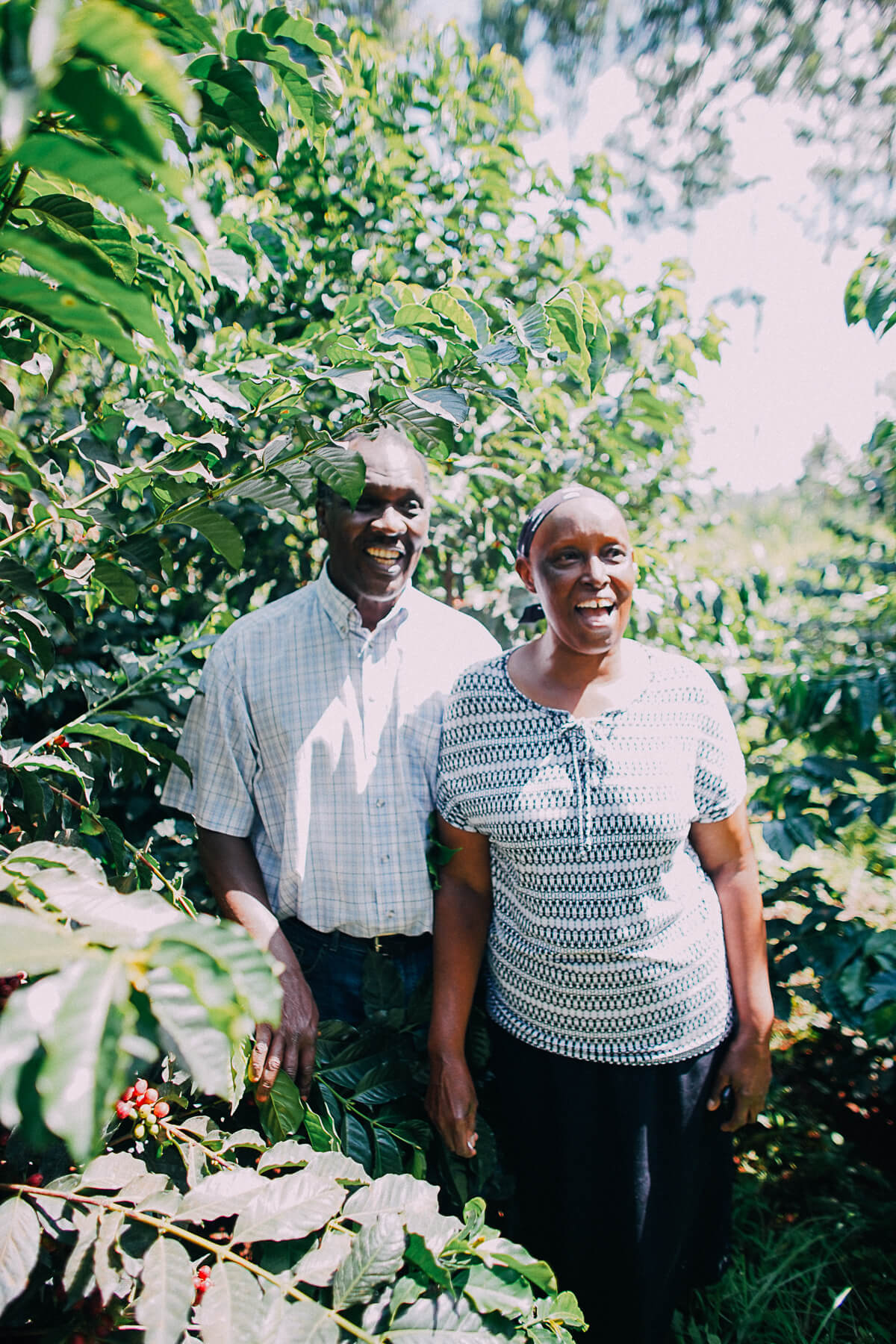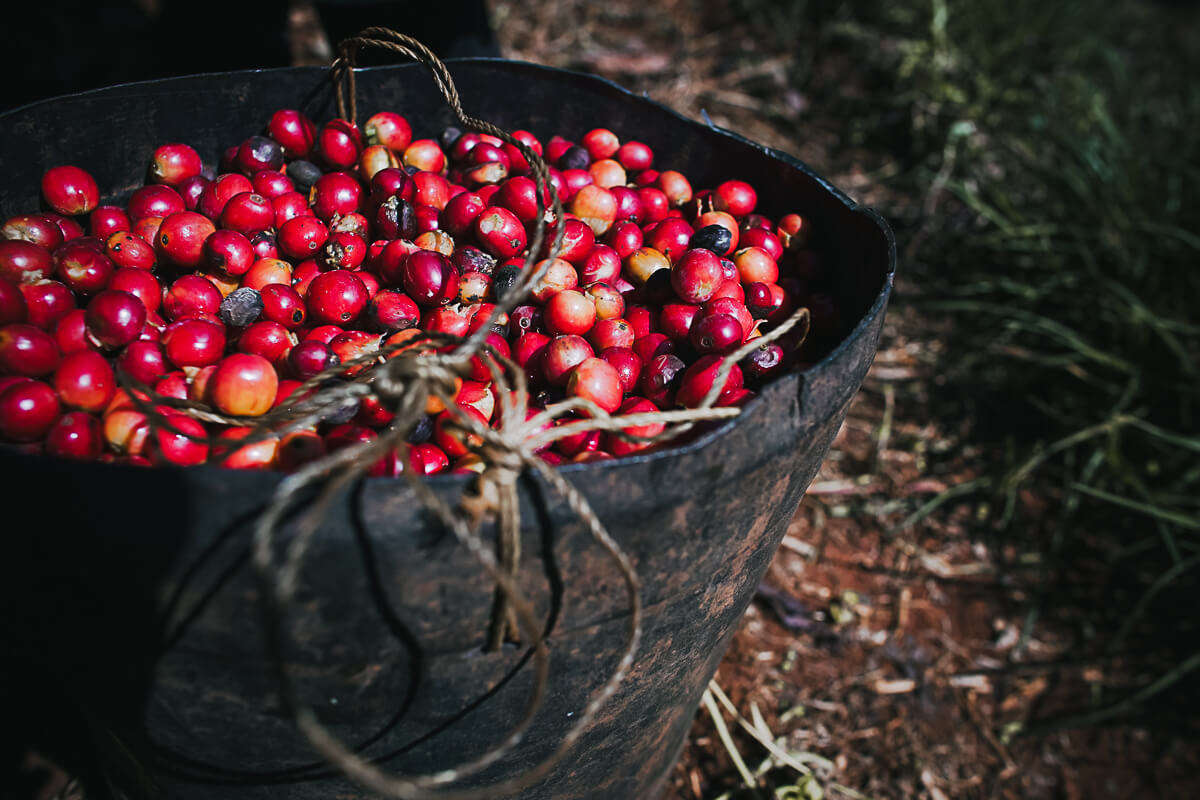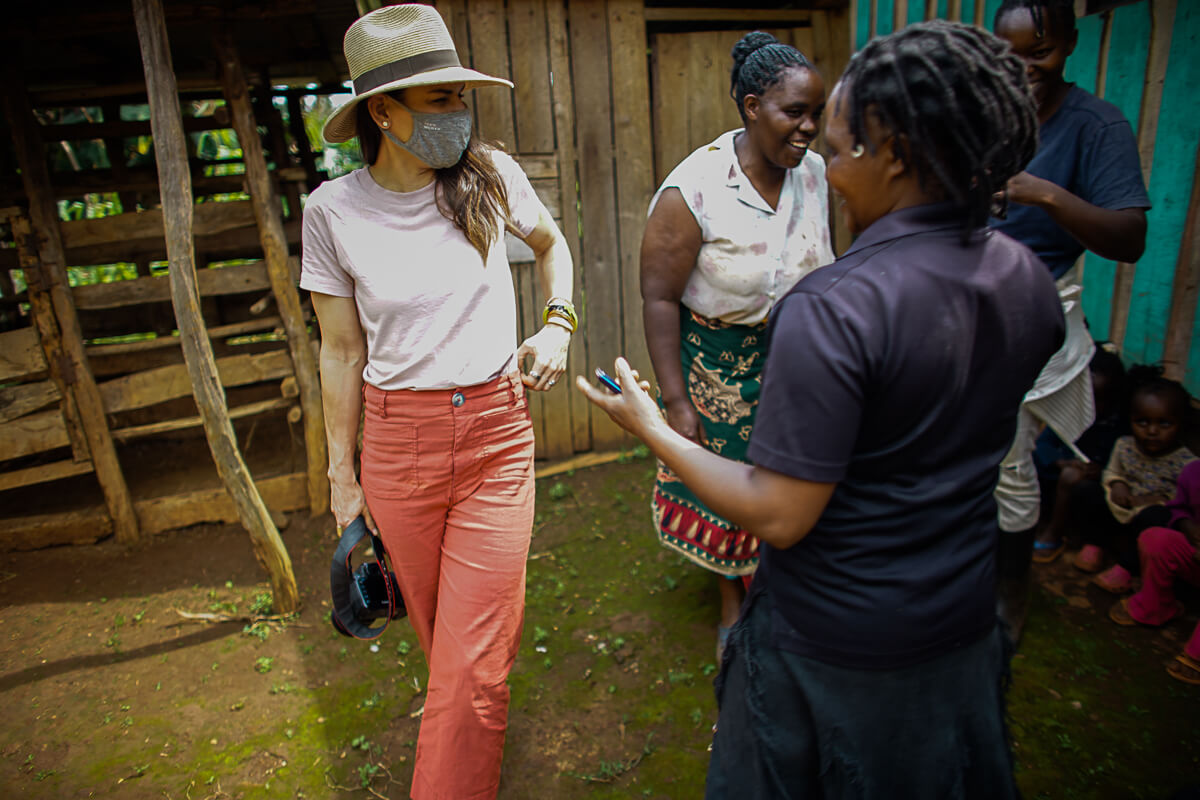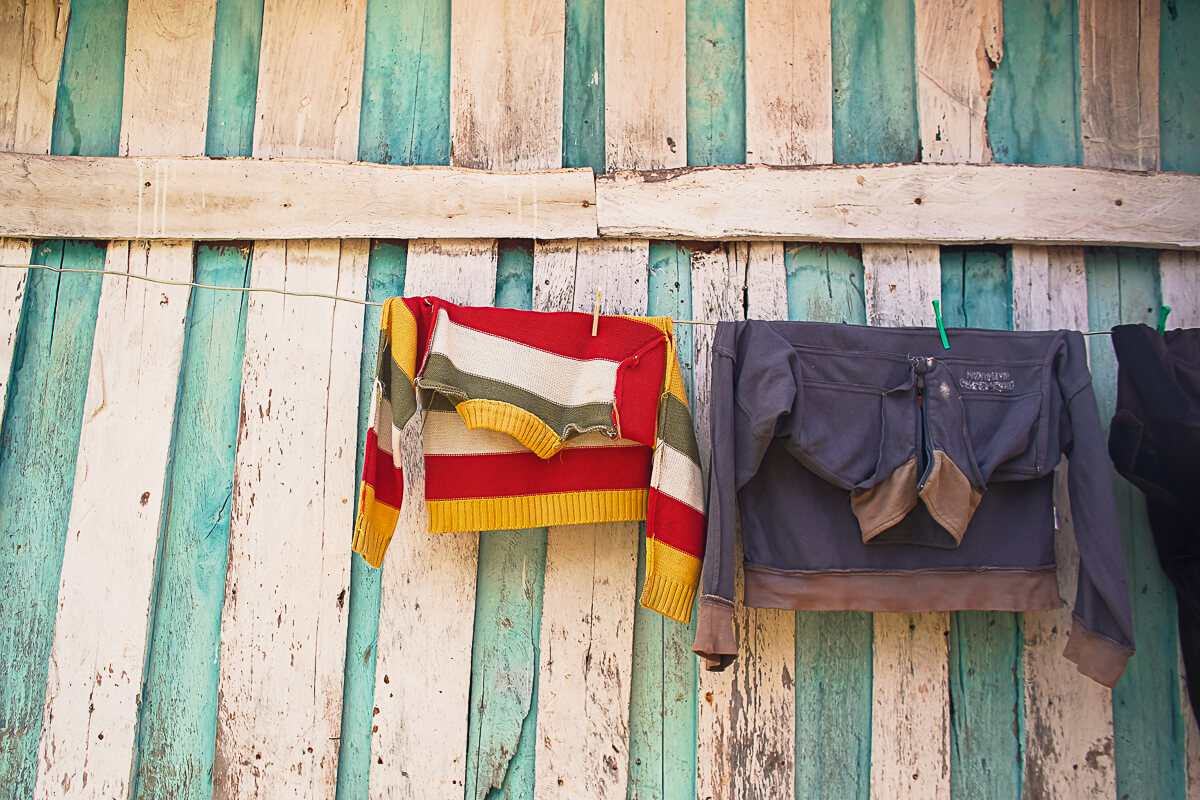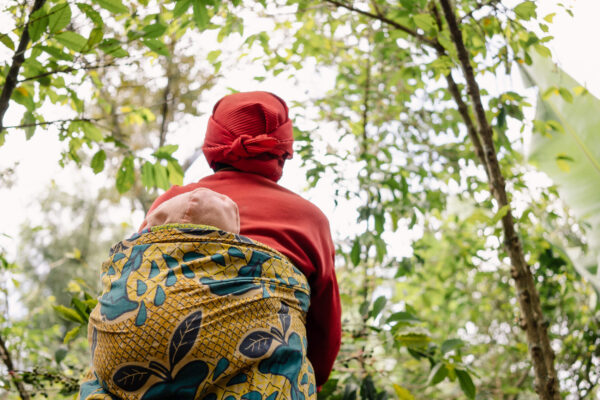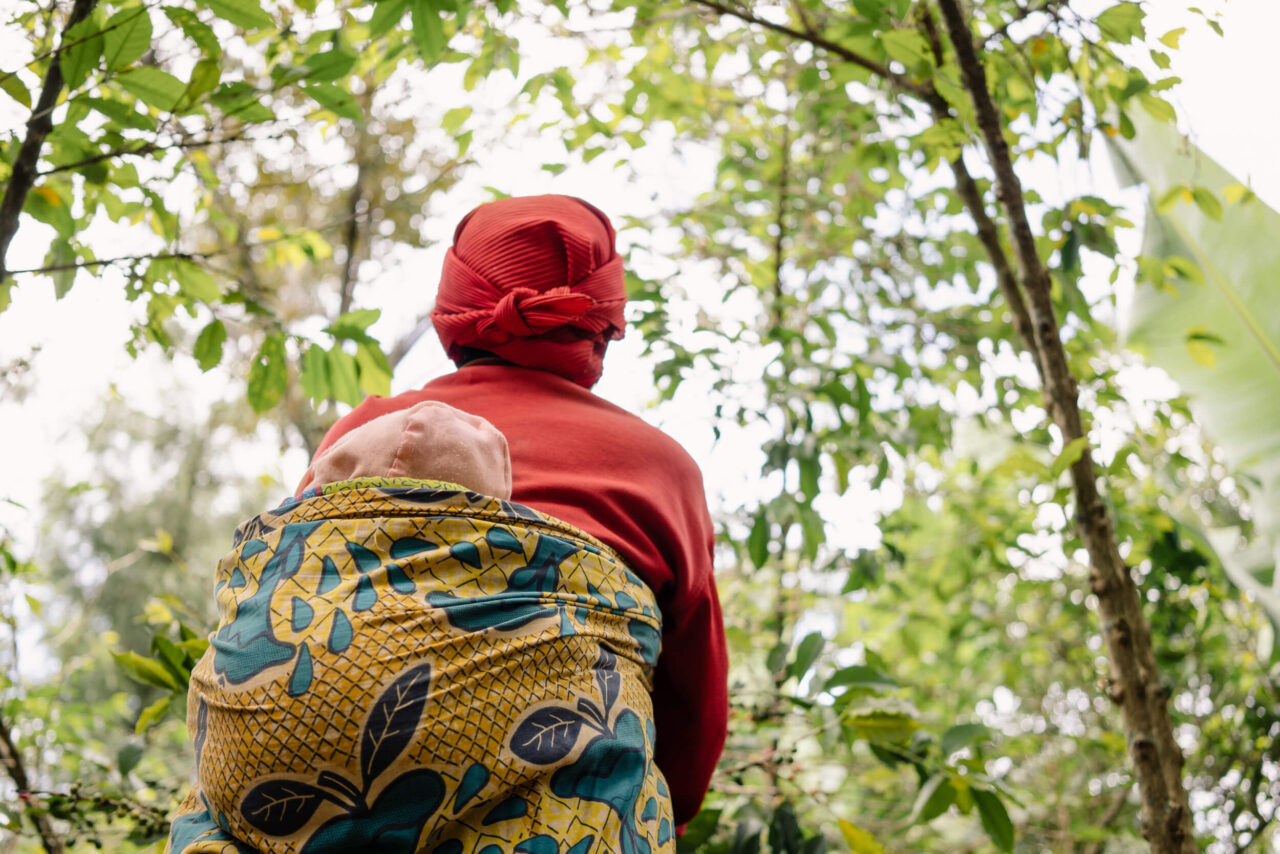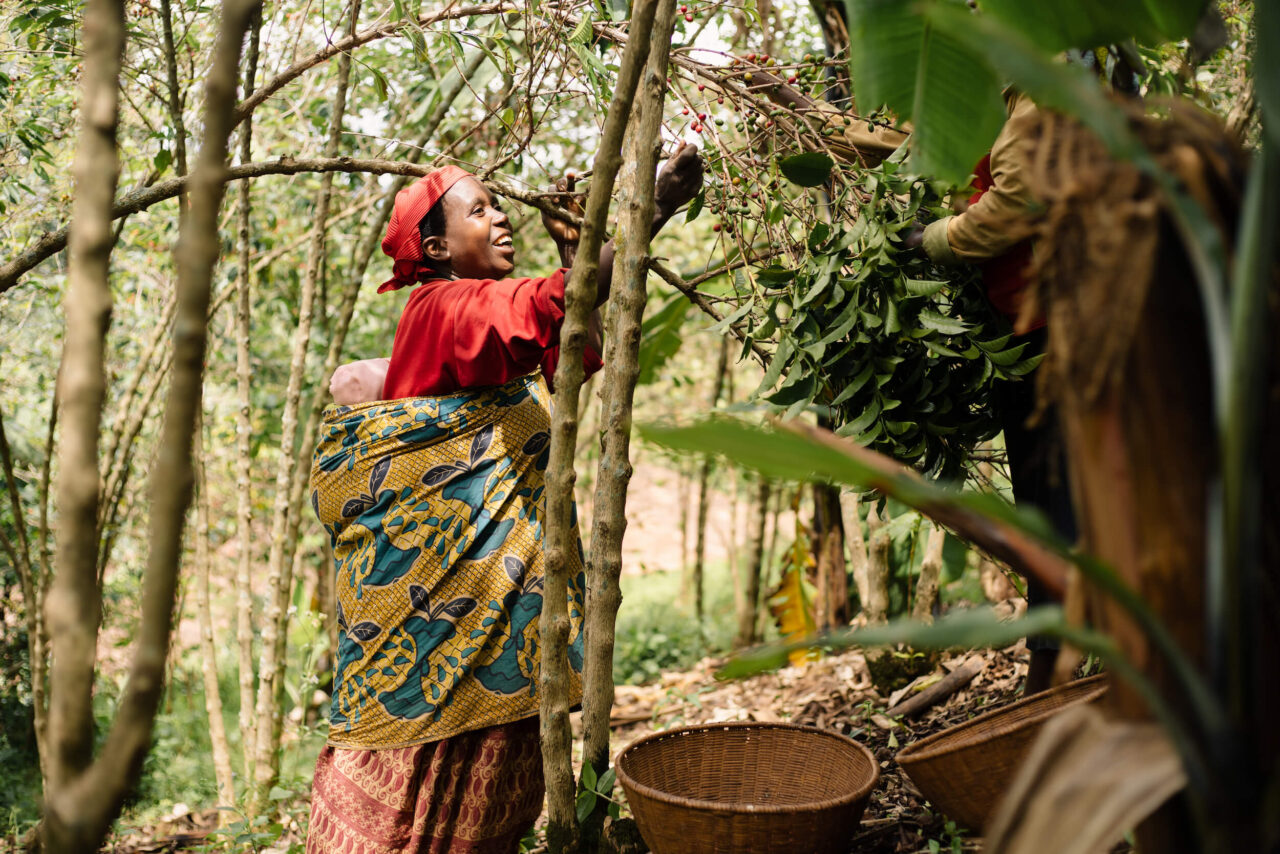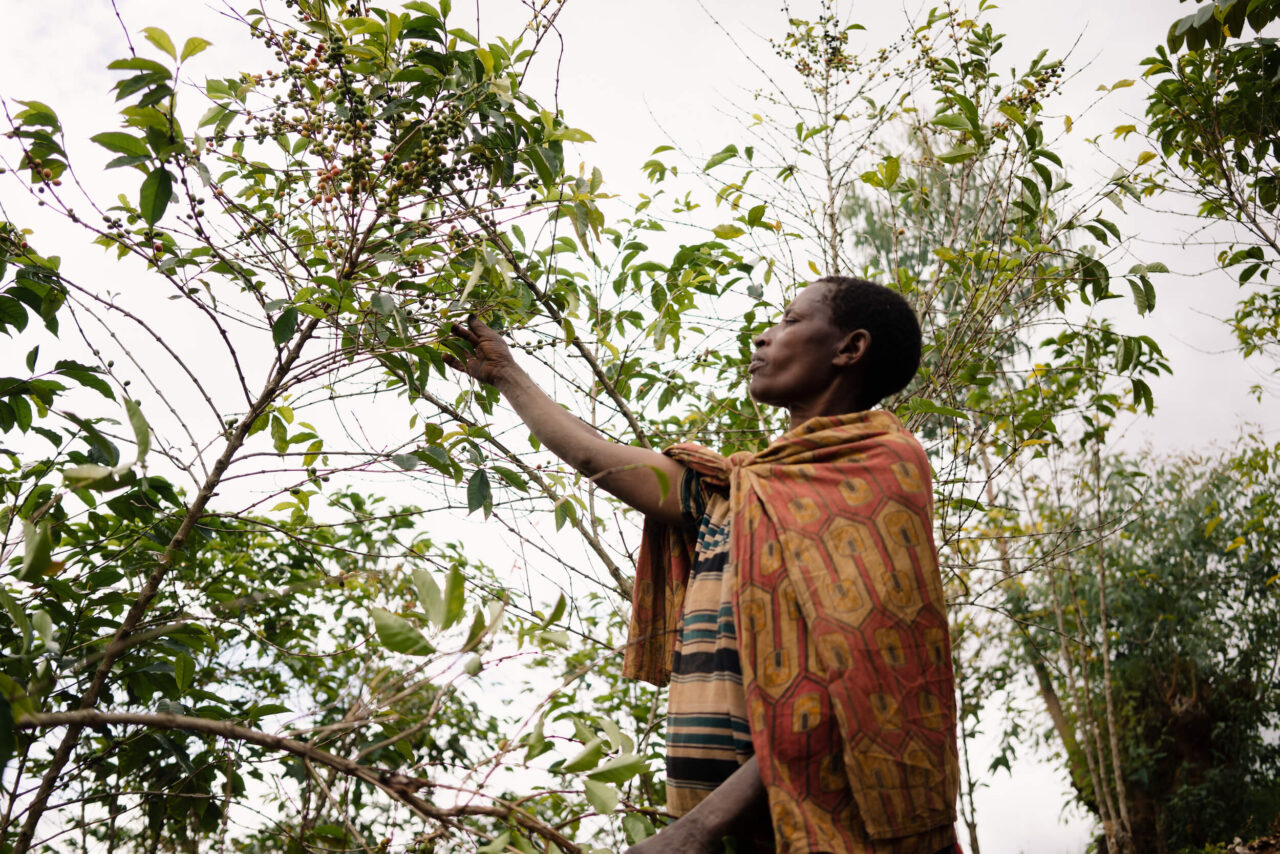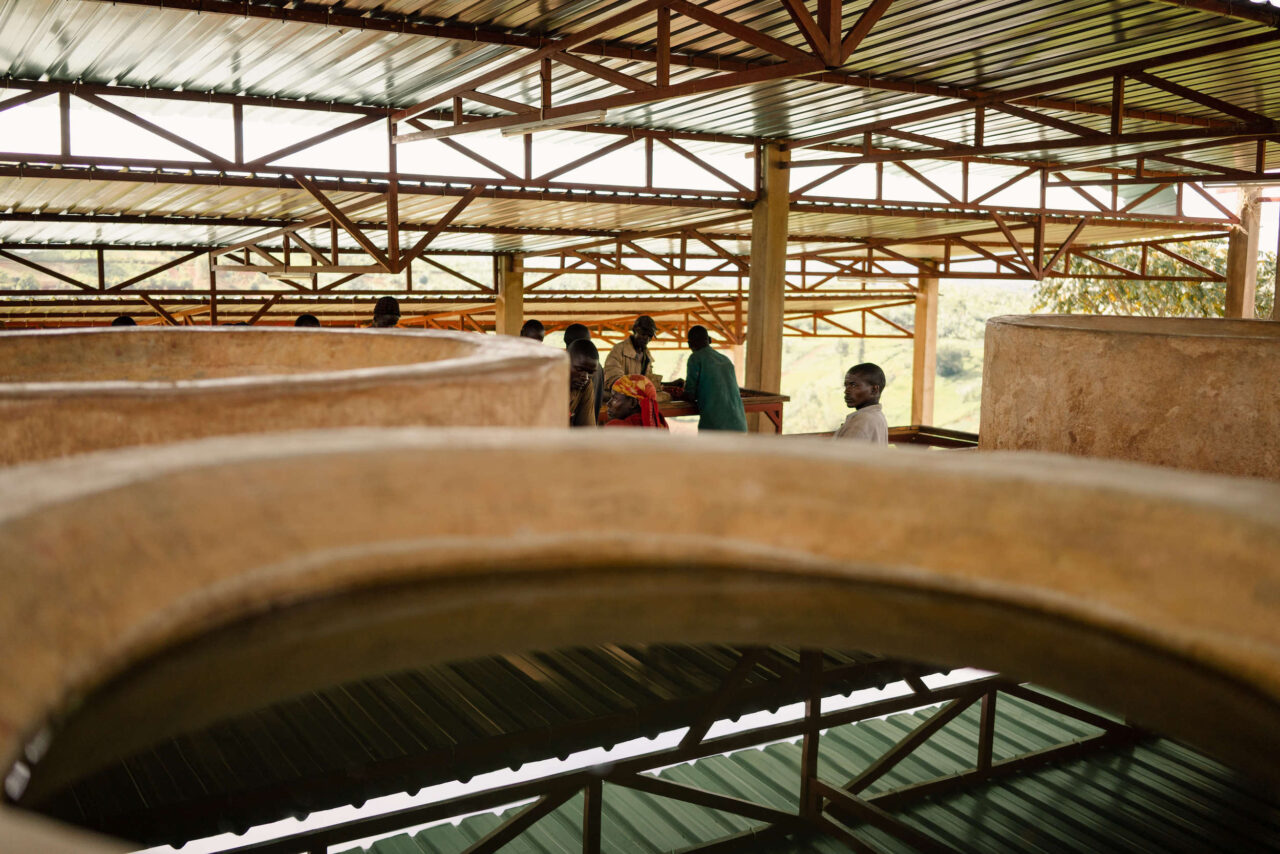
In Burundi, a washing station (or wet mill) is a communal space. It doesn’t just belong to those who build, own or manage it, and it’s not just a place for coffee farmers to deliver their coffee cherries to. A washing station is a sign of development within a community; a landmark where neighbors can gather, use it as a meeting place, find jobs, and often collect water.
“Seeing a washing station gives us hope. Before there was nothing, no building – it was only a hill. Now, there’s a washing station and mzungus are buying coffee. We continue seeing change and new building, and it gives us hope that the future will be good for the community.”
– Lucien, a partner coffee farmer from Camizi hill.
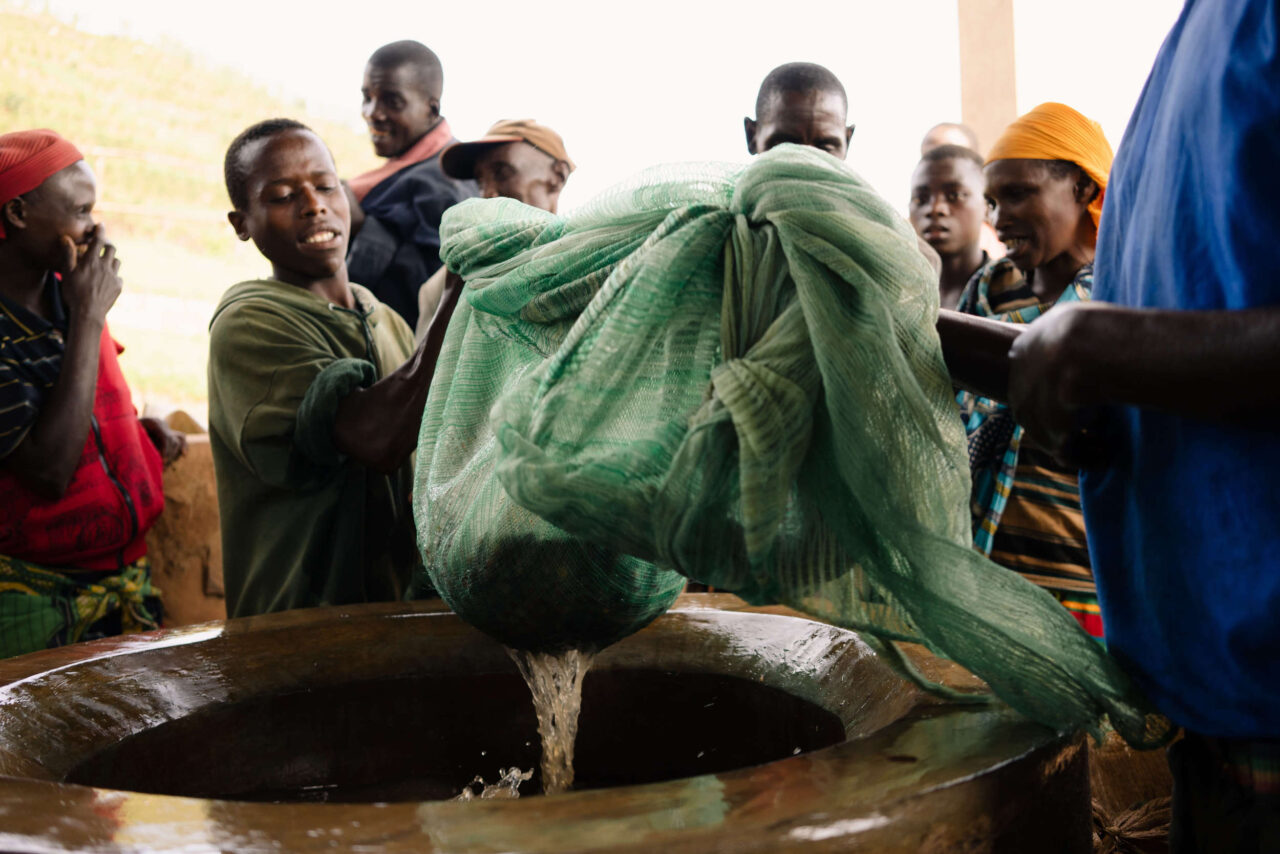
There are so many things to take into consideration when building a washing station. Does the area have a reputation for growing coffee? Is there a need for it? Is there suitable land available? What impact will its existence have on the environment? Will it be profitable? More, but not most importantly, is there an available water source?
Coffee simply cannot exist without water. Not only is water important for the growth and development of a coffee seed and plant, it’s necessary for processing coffee. The quality steps of floating and rinsing coffee cherries to pulping, grading, fermenting, and soaking parchment coffee wouldn’t be possible without an abundance of water. Of course, the importance of water is another conversation when it comes to cupping and brewing coffee.
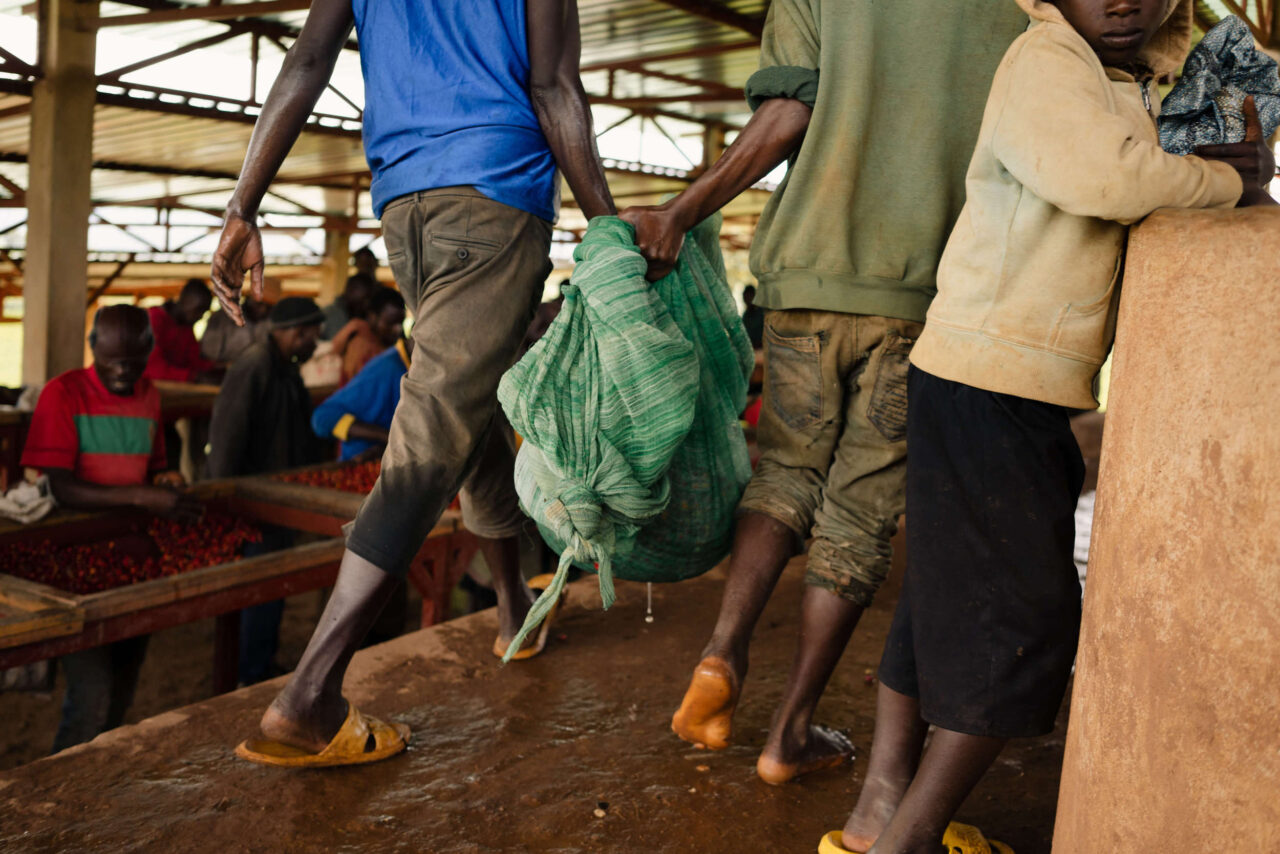
Getting clean water in large quantities to the Long Miles Washing Stations has been a challenge for us over the years. When Heza opened back in 2014, we were sourcing water from two catchment areas on Gitwe hill. We shared a water source with the communities living around the washing station, but struggled with frequently broken pipes causing an insufficient supply of water to flow to Heza. We tried everything from fixing the pipes to recycling the water before finding a new water source four kilometers away, and pumping water from there to the station.
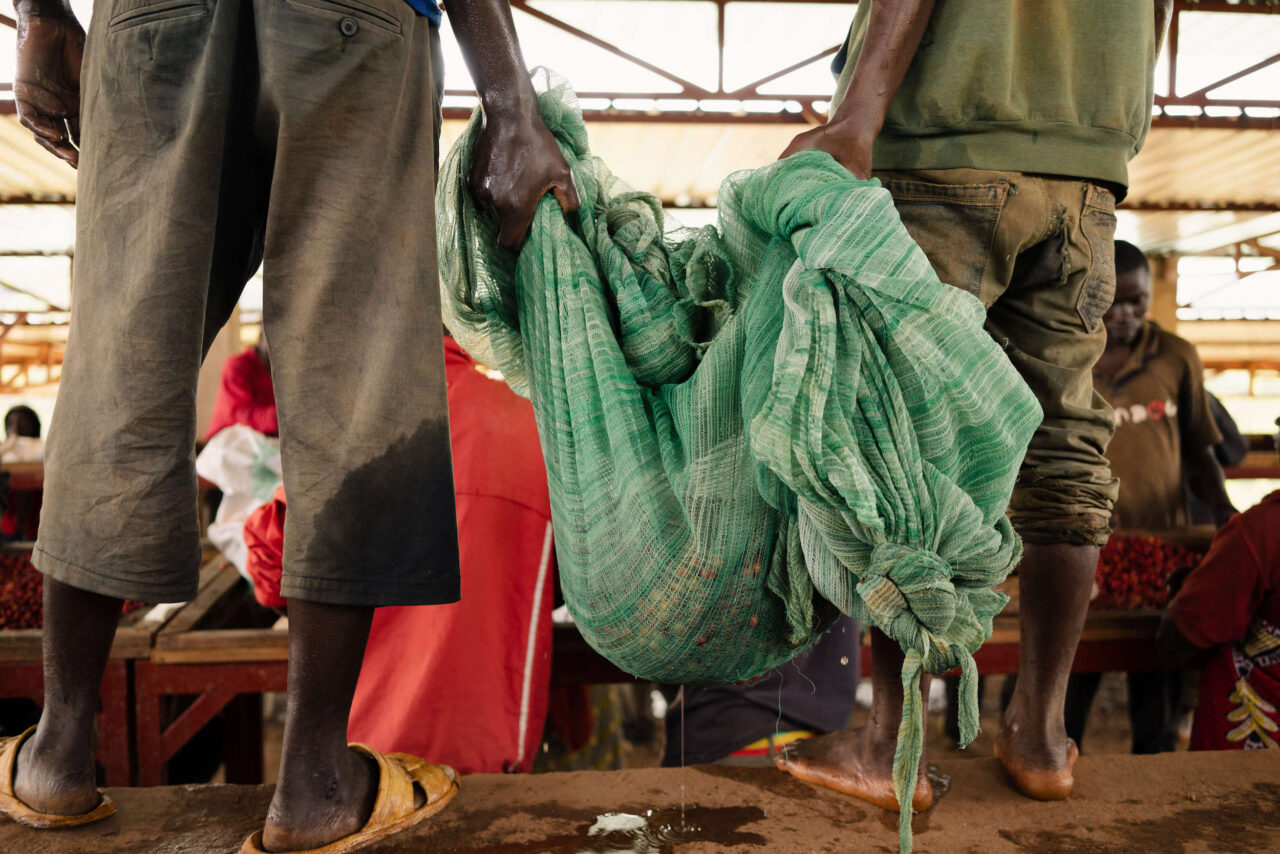
Umuhini mushasha, utera amababa.
“A new handle leaves you with some pain in your hand.”
– Raphael Kayembe, Managing Director of Long Miles in Burundi.
This Kirundi phrase has stuck with us because it seems to aptly describe the blistering and bruising it took our team to get Ninga, our new washing station, fully operational in time for the season opener this year.
In 2019, after purchasing the land where Ninga Washing Station would eventually stand, we worked with consultants to dig a well and install a hand-pump to access clean water. With our water source in place, we turned our focus to the build out of the station. It was only when it came to installing and connecting our McKinnon depulper to the water pipes that we realized the well wasn’t deep enough to access clean groundwater at the quantity and quality that we needed. Although community members had been collecting water for washing clothes from the pump since the day it was installed, it wasn’t suitable for cooking or drinking, let alone processing coffee.
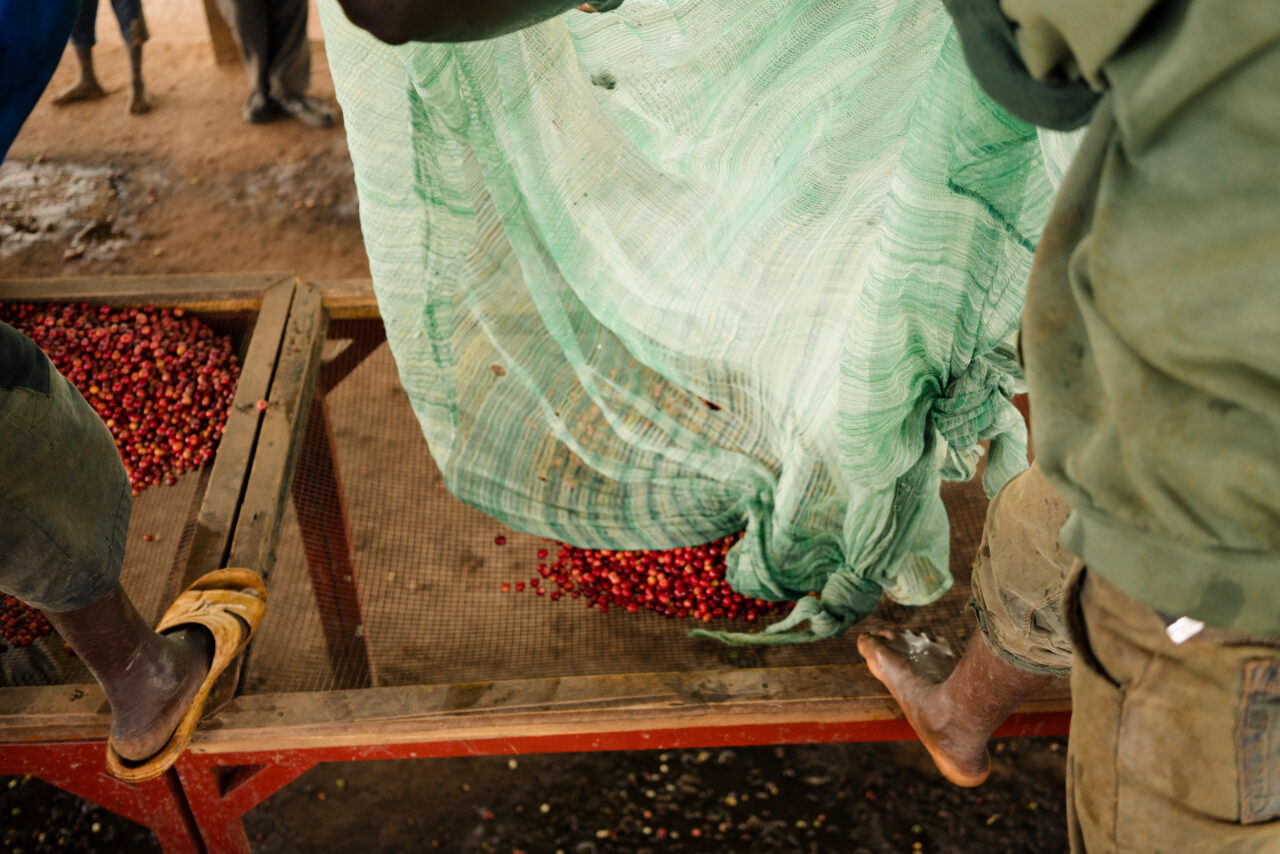
We tried adapting the initial drilling, installing a new pump, and making tweaks to improve the water’s quality. The original pump was supposed to produce 3m3 of clean water per hour but through the redevelopment we found that it was only producing 1m3 of unclean water per hour. At 40m deep, the pump was still getting blocked with mud. Even after disassembling and cleaning it, the water that flowed from the pump was littered with pebbles and sand.
With the coffee trees starting to ripen and farmers anxious about having to deliver their harvest elsewhere, we couldn’t delay the opening of Ninga any longer. Without a fully operational washing station at this point, we made the call to start collecting coffee cherries from partner farmers and processed our first sun-dried Natural micro-lots of the season.
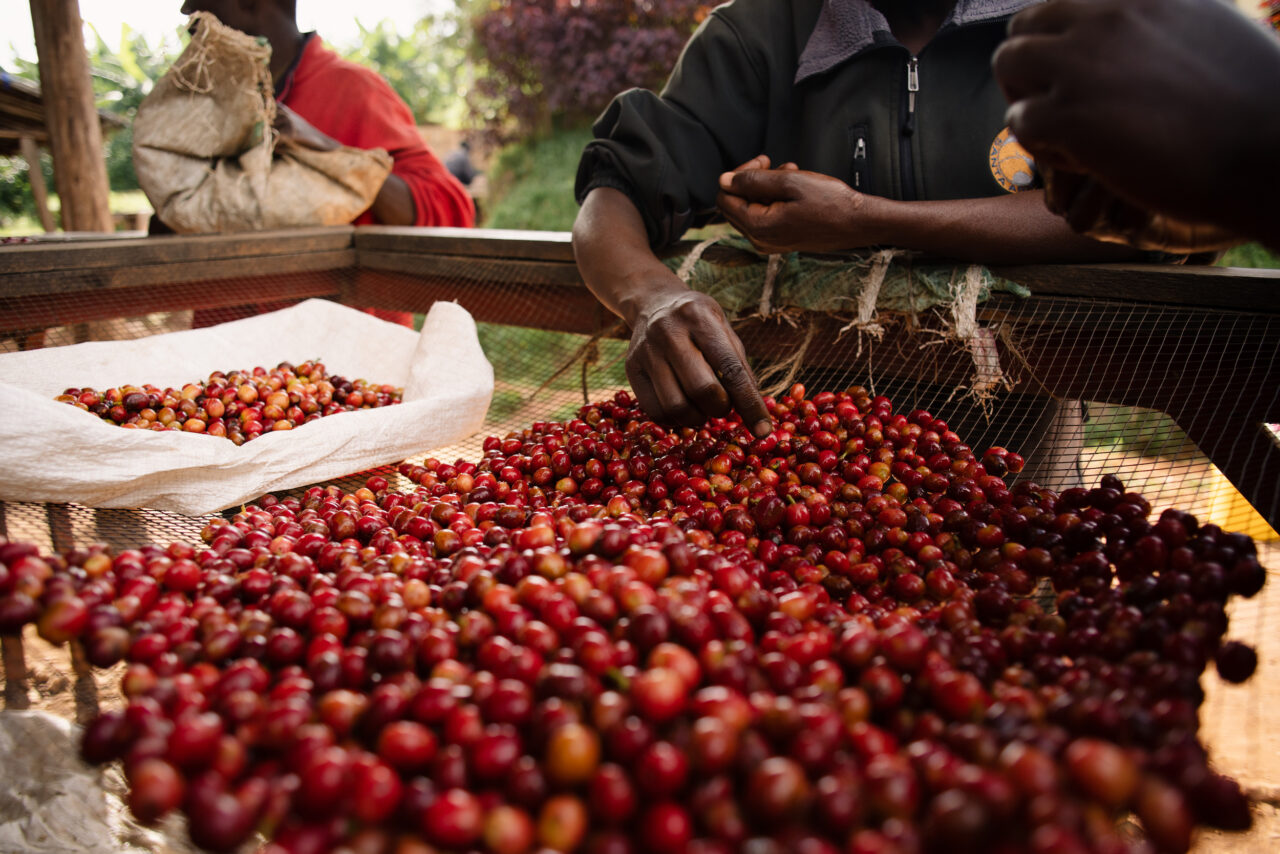
Behind the scenes, we continued exploring every alternative water source in the areas surrounding Ninga Washing Station for over a month. The sources that we could find were too far away to connect to (some fifteen kilometres from the washing station), had a low outflow of water or were already at capacity. After a lot of consideration, we bit the bullet and contracted a new consultant to perform a new drilling. It was our last hope.
Following a week of drilling, we found that clean groundwater was flowing at 65m deep. Without really realizing it, the doubt that we could get this fixed in time had been niggling away in our mind and we had been holding our breath for weeks. It was the sight of clean, flowing water that finally allowed the team to collectively let out a sigh of relief. With the hardest part behind us, we were fortunate enough to find all the additional parts in the country: the drill, electric pump, and pipes.
Not only have we been able to produce Fully Washed and Naturally processed coffees at Ninga Washing Station this season, but the tap has been opened to the neighboring communities once again for water collection. We’re especially excited about the anaerobically fermented micro-lots that we’ve processed using our new Jack Bins. Despite the challenge of water this harvest season, the quality of our Ninga coffees is looking like our best year yet!
Have you got questions about our current (2021) crop of Burundi coffee? Please get in touch with David Stallings, head of Roaster and Importer Relations at Long Miles Coffee.
